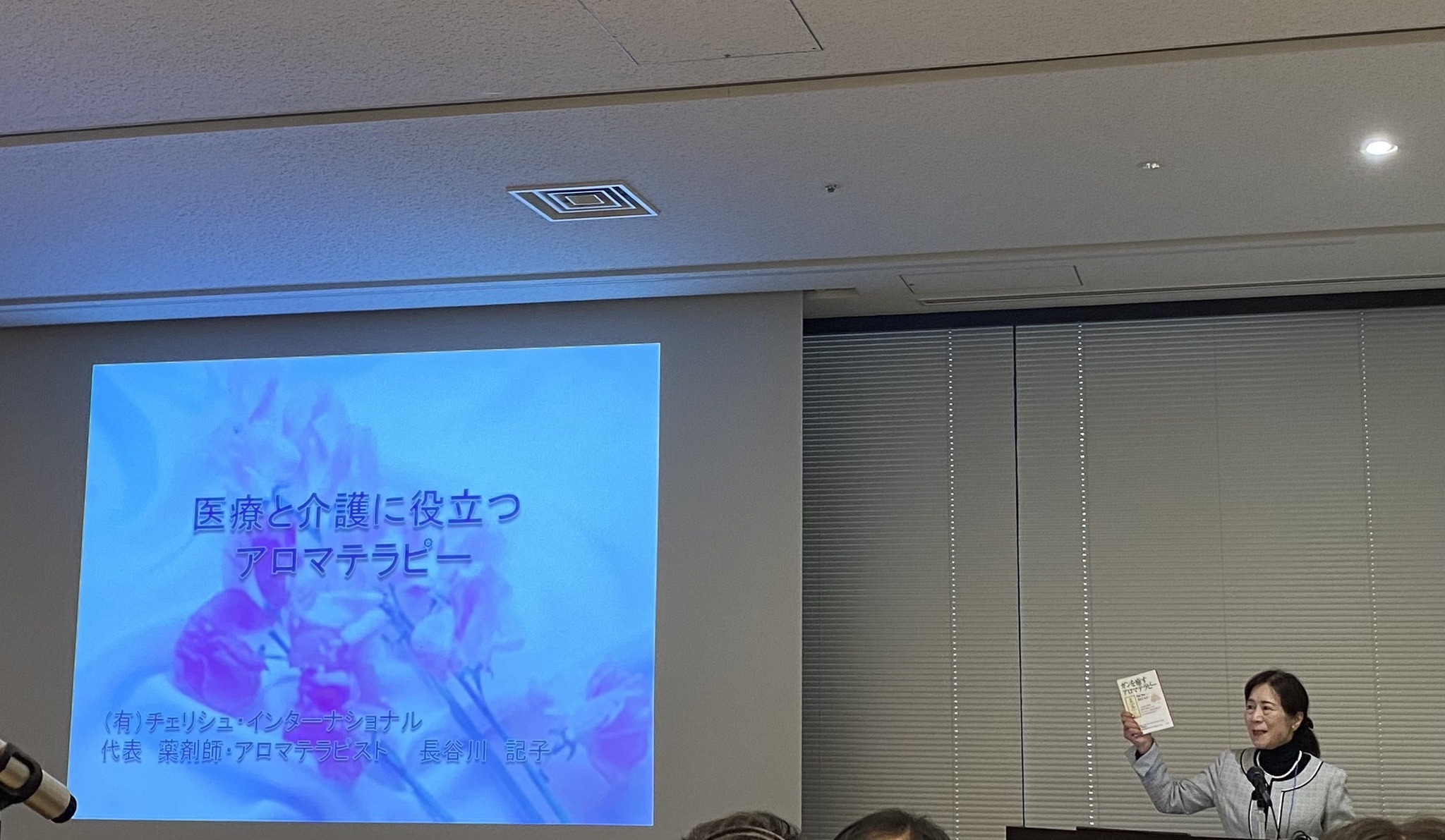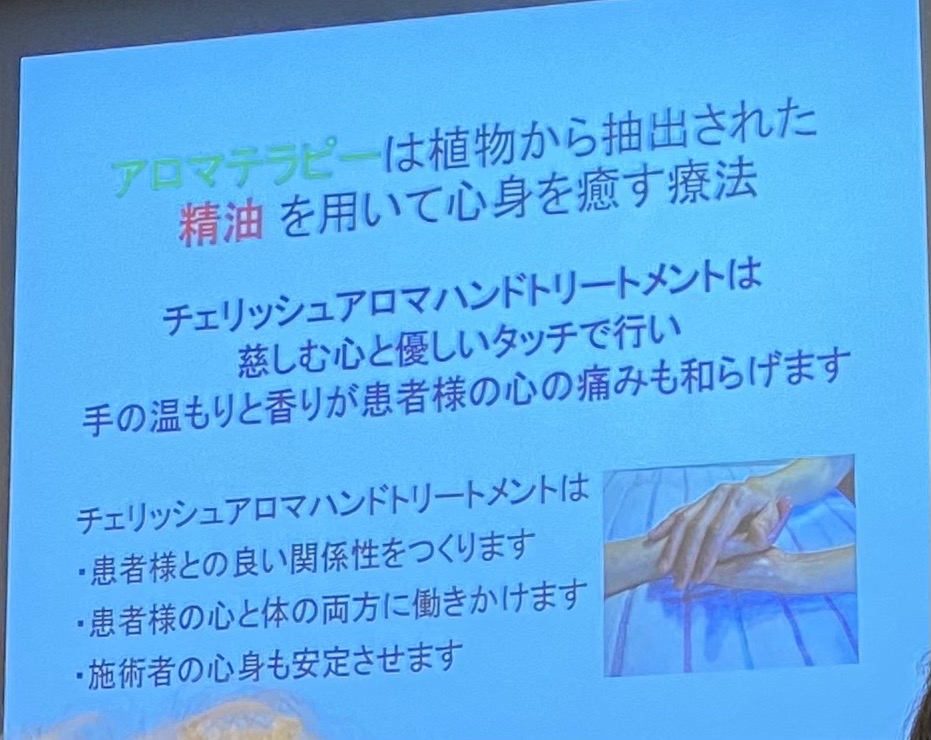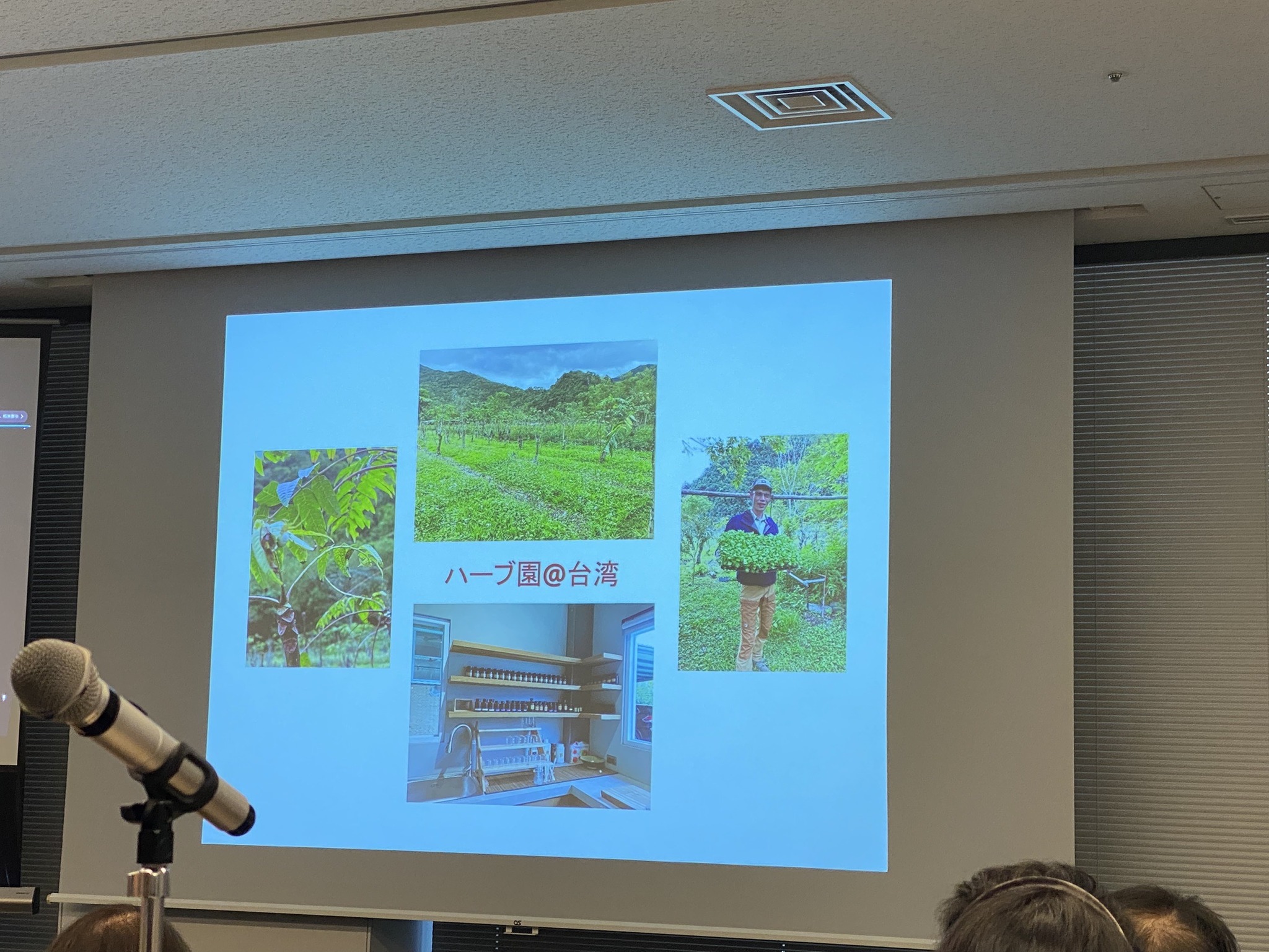At the end of 2024, EVERFRIEND colleagues participated in the 29th International Conference on Personalized Medicine held in Japan, exploring the latest developments in personalized medicine and lifestyle medicine with Japanese experts and scholars.
The conference covered multiple key areas, from the impact of diet and sleep on health to the close relationship between metabolism and biological rhythms, and demonstrated forward-thinking practices in prevention and treatment through sharing of actual clinical cases.
Dr. Hiroyuki Abe, Chairman of the International Society of Personalized Medicine, emphasized in his opening remarks that lifestyle medicine as a foundation, combined with precise data collection, can bring more accurate and effective health management models. This trend shows that personalized medicine is moving toward a more data-driven direction, making the application directions of precision medicine and preventive medicine clearer.
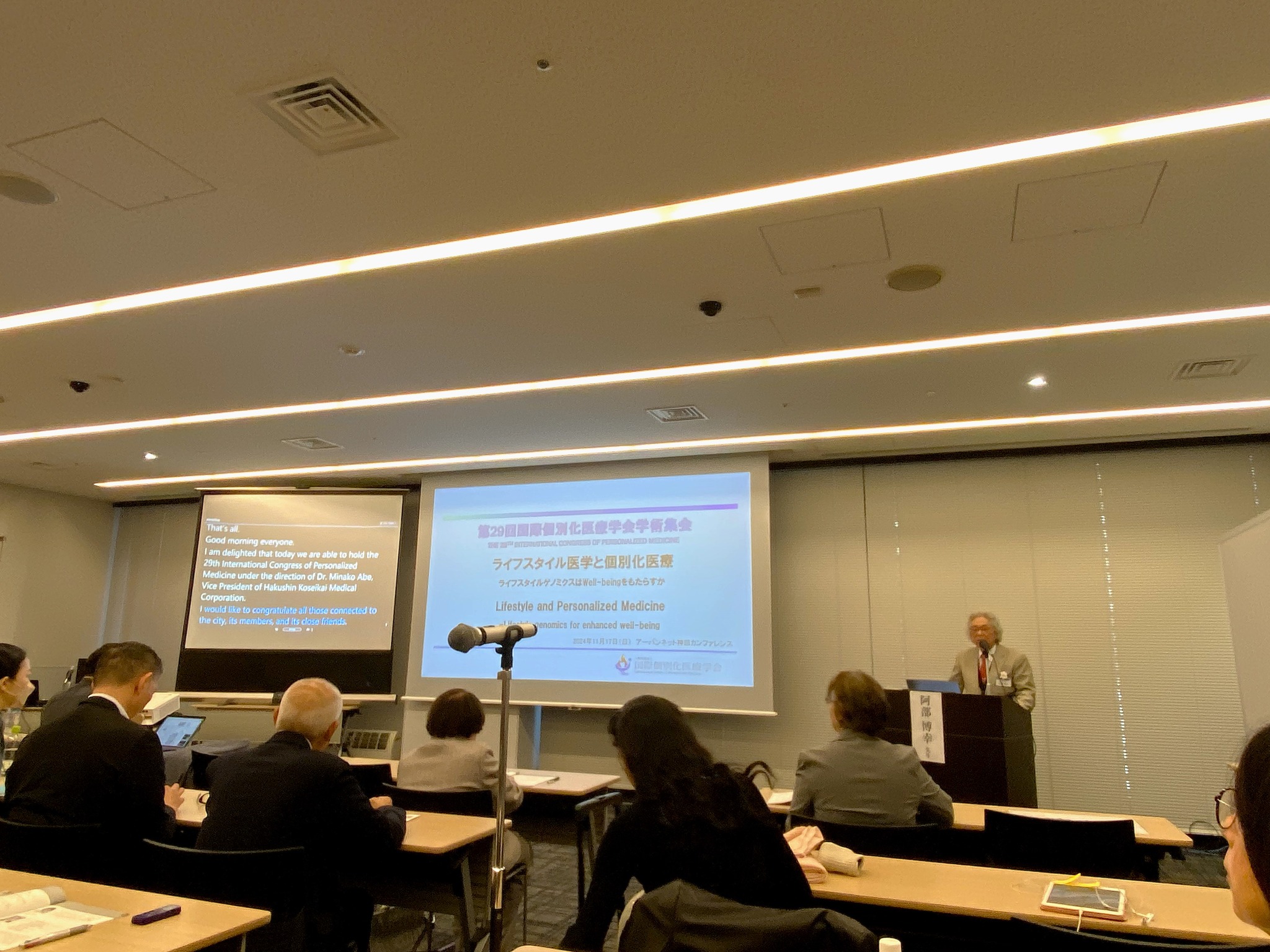
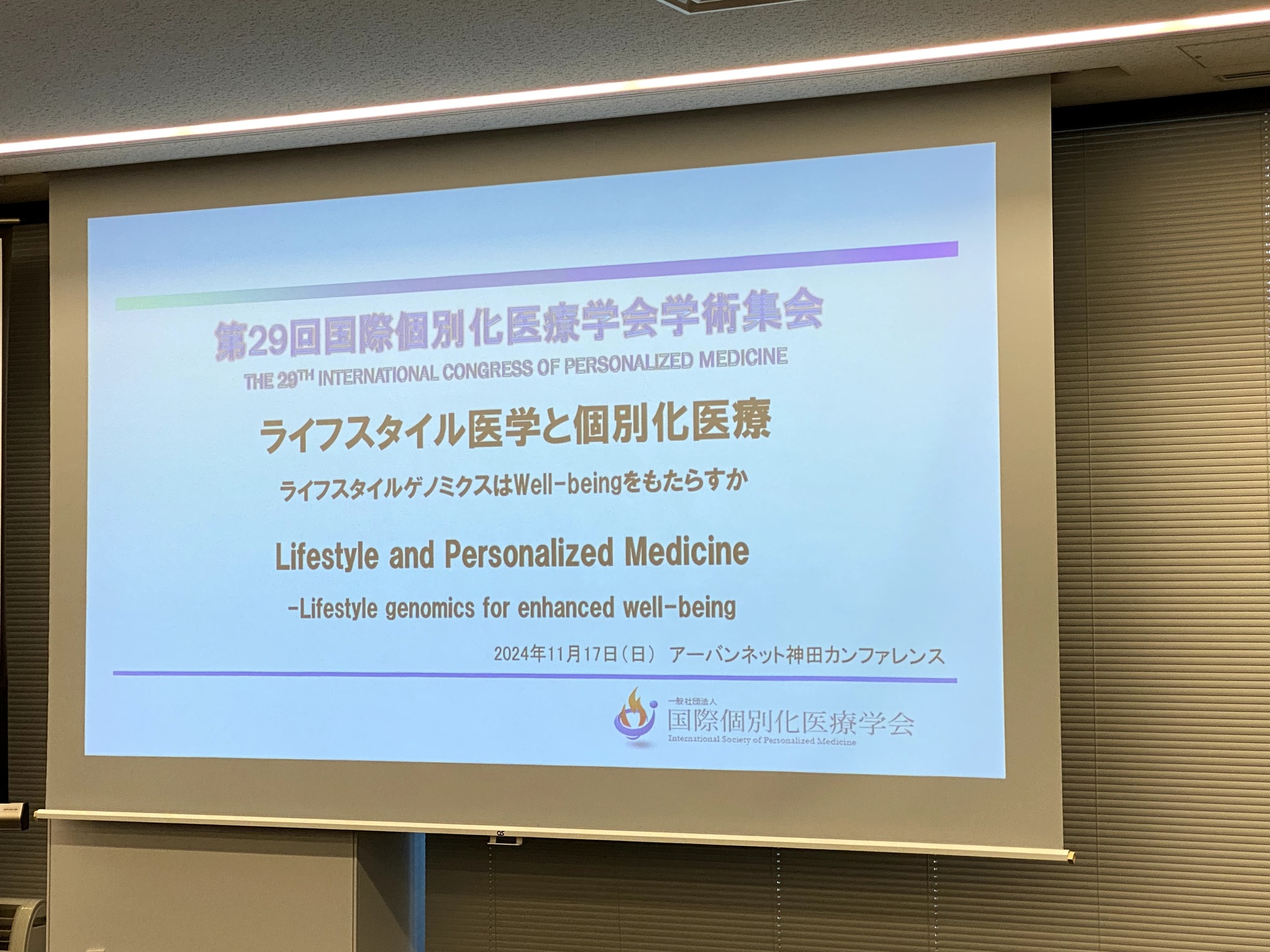
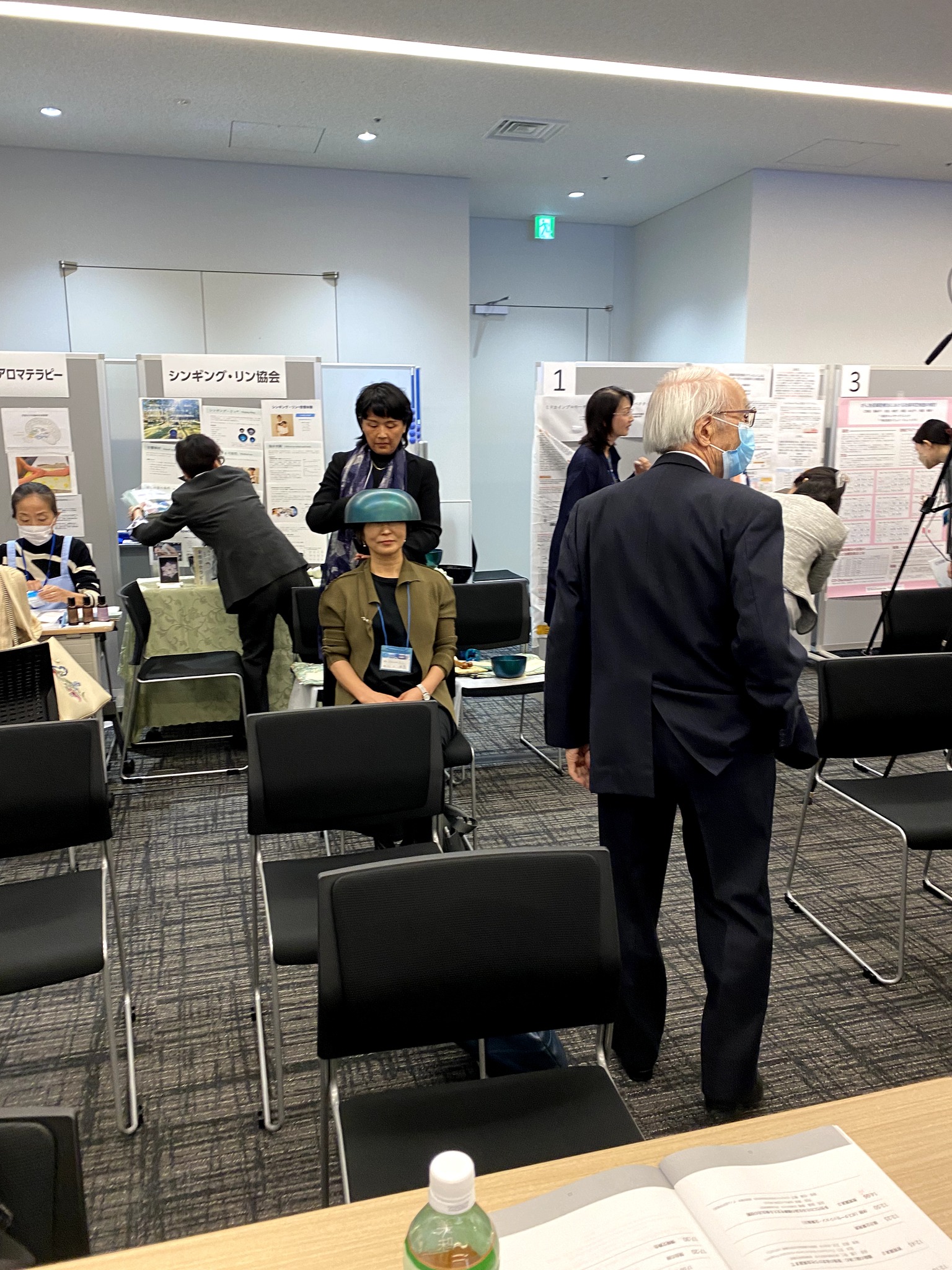
Lifestyle Medicine: A Health Revolution Starting from Daily Habits
Japanese Summary: ライフスタイル医学は、個人の生活習慣を改善することで健康を向上させ、非感染性疾患(NCD)の予防と治療に貢献する重要な医療分野です。
The Power of Lifestyle Changes on Health
With advances in modern medicine, lifestyle medicine has gradually become an important field in health management. This medical branch emphasizes achieving disease prevention and health promotion by changing personal lifestyle habits. Research shows that non-communicable diseases (such as cancer, cardiovascular disease, and diabetes) account for the majority of global deaths, but up to 70% of these factors can be improved through diet, exercise, stress management, and other approaches. Therefore, lifestyle medicine not only focuses on disease treatment but also on prevention, aiming to achieve a comprehensive health vision.
Practical Applications and the Current Situation in Japan
In practical applications, lifestyle medicine creates personalized health improvement plans for each patient through data-based individual analysis. For example, through sensors and genetic testing, doctors can monitor patients' physical indicators and recommend appropriate exercise or dietary patterns. These measures not only reduce disease risk but also improve patients' quality of life. In Japan, the challenge of aging has made lifestyle medicine a policy priority, combining advanced technology with humanized care to reduce the burden on the healthcare system and improve overall social health levels.
The Future of Health: Starting from Today
The core value of lifestyle medicine lies in returning the initiative of health to individuals, creating a healthy future through continuous daily choices. It is not merely a supplement to traditional medicine but a new model that prioritizes prevention and supplements with treatment. From diet to exercise, from genetics to psychology, every detailed adjustment can have a profound impact on individual health and further promote the welfare of the entire society.
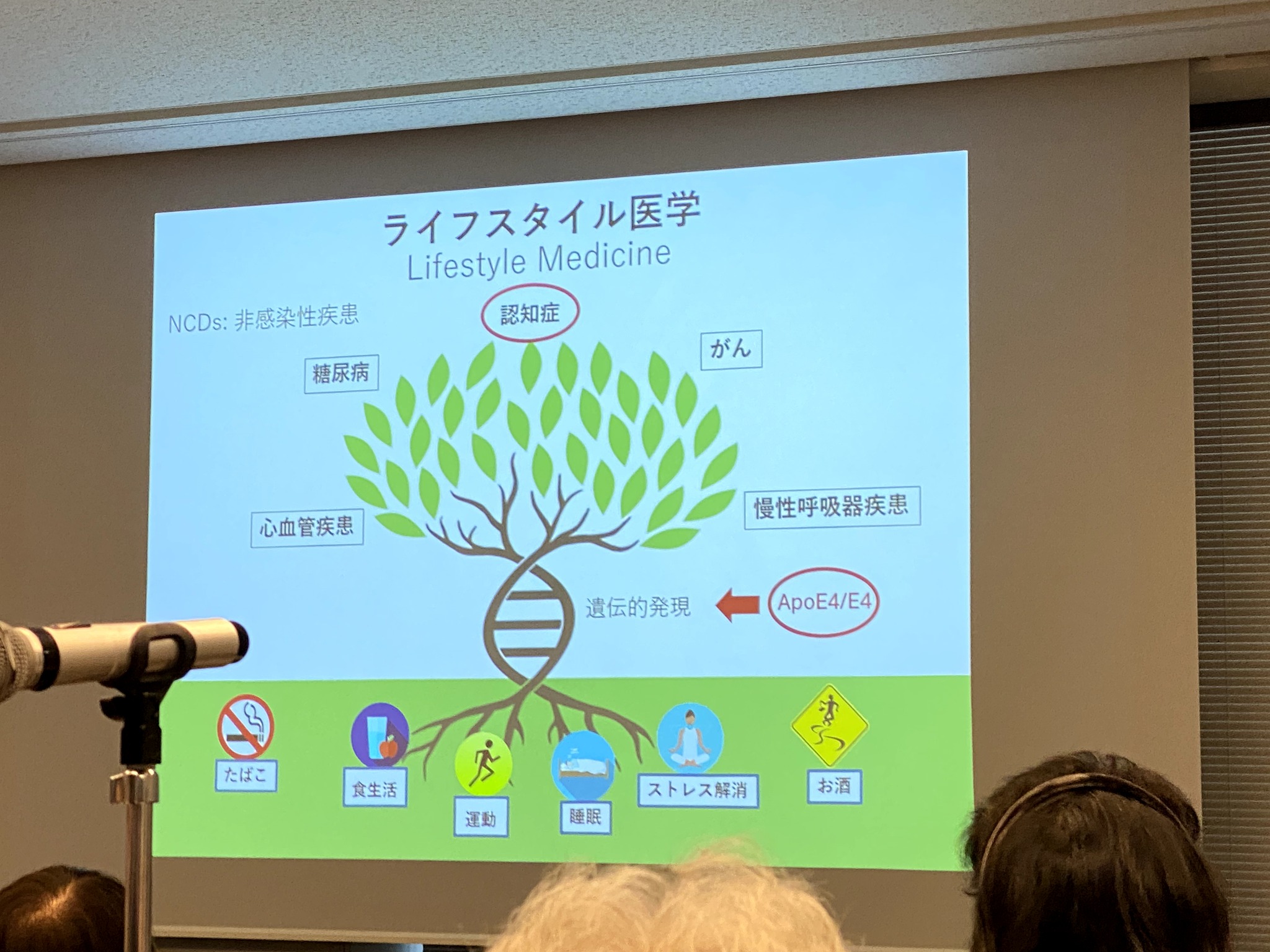
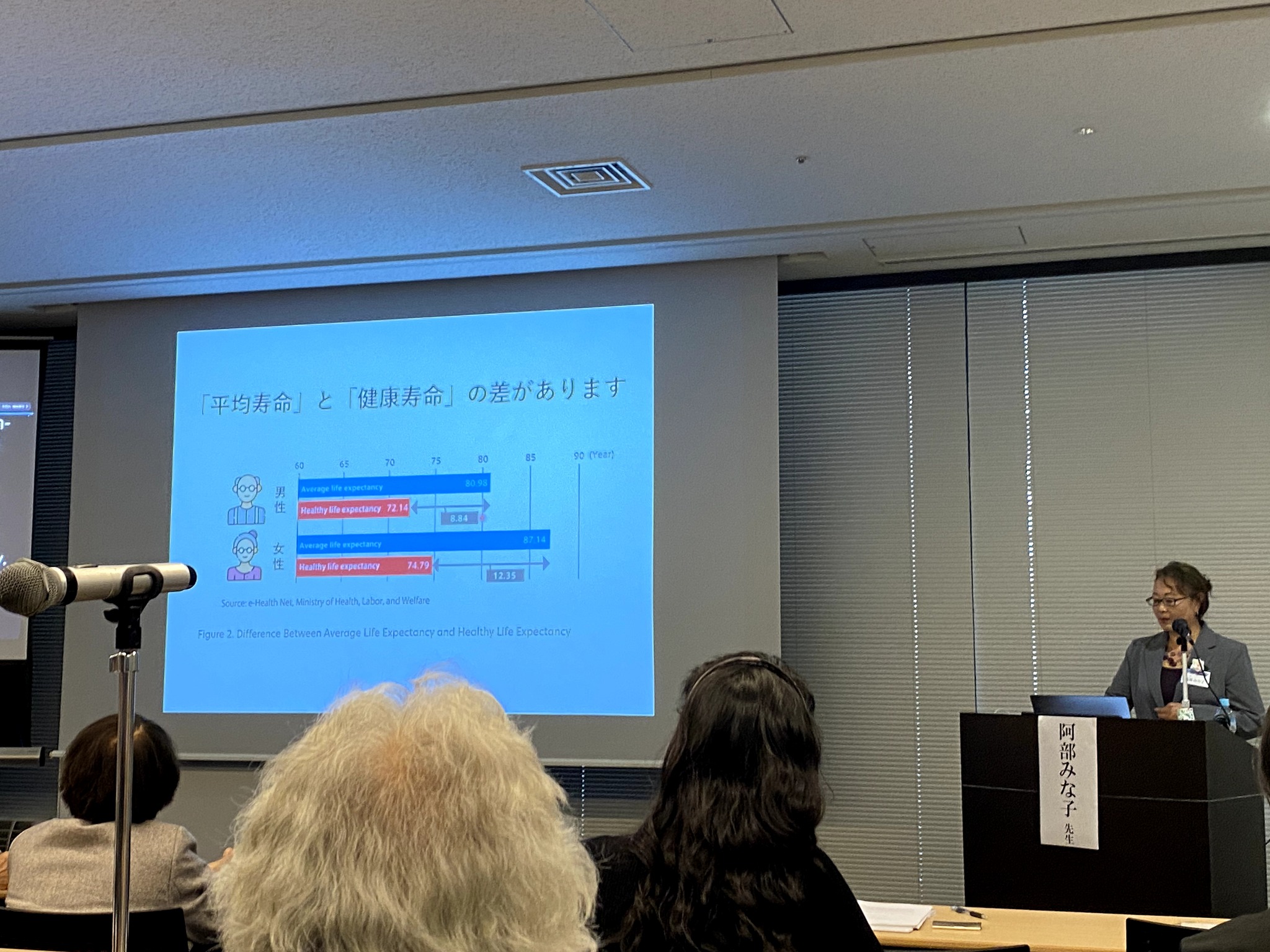
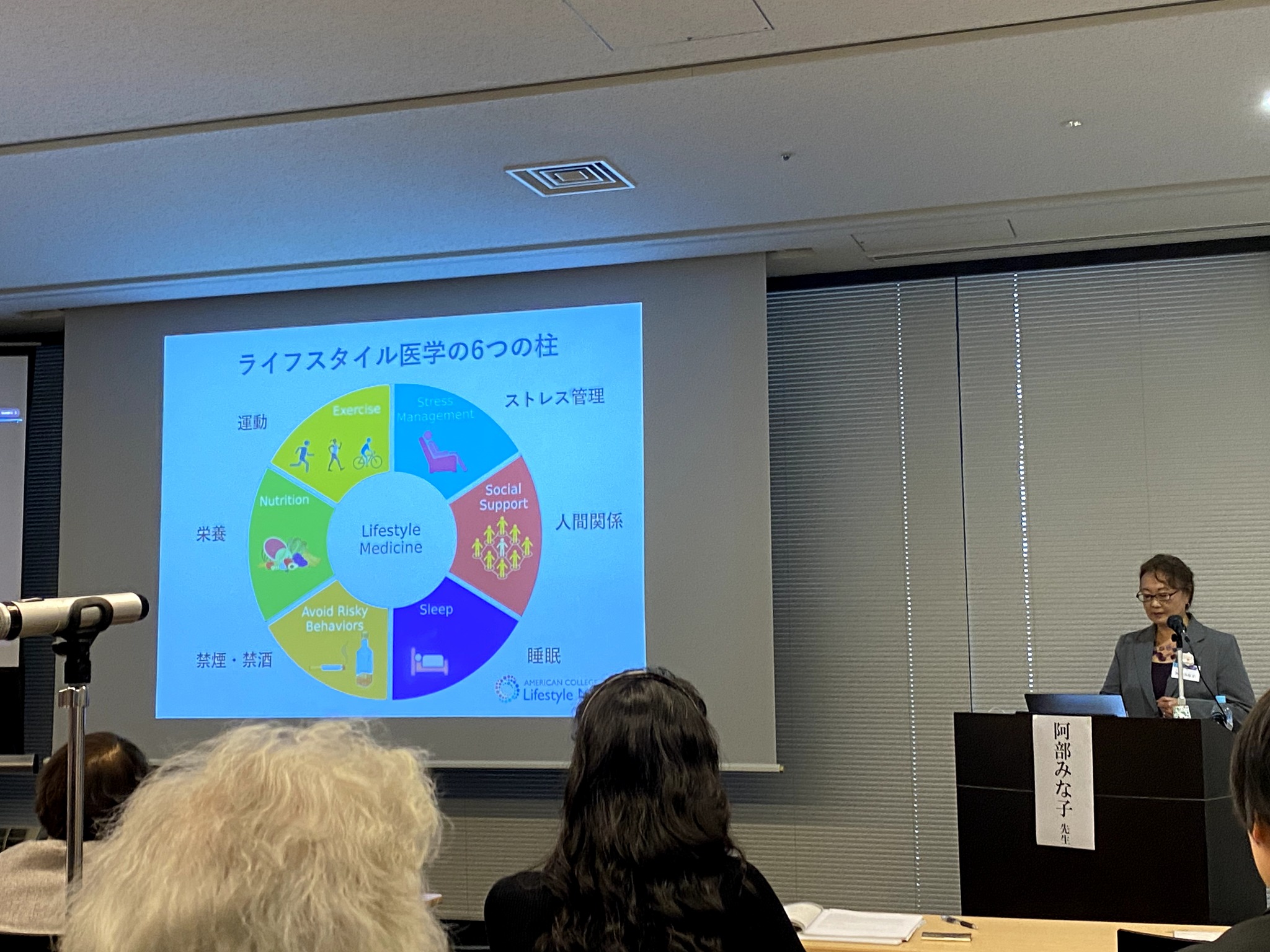
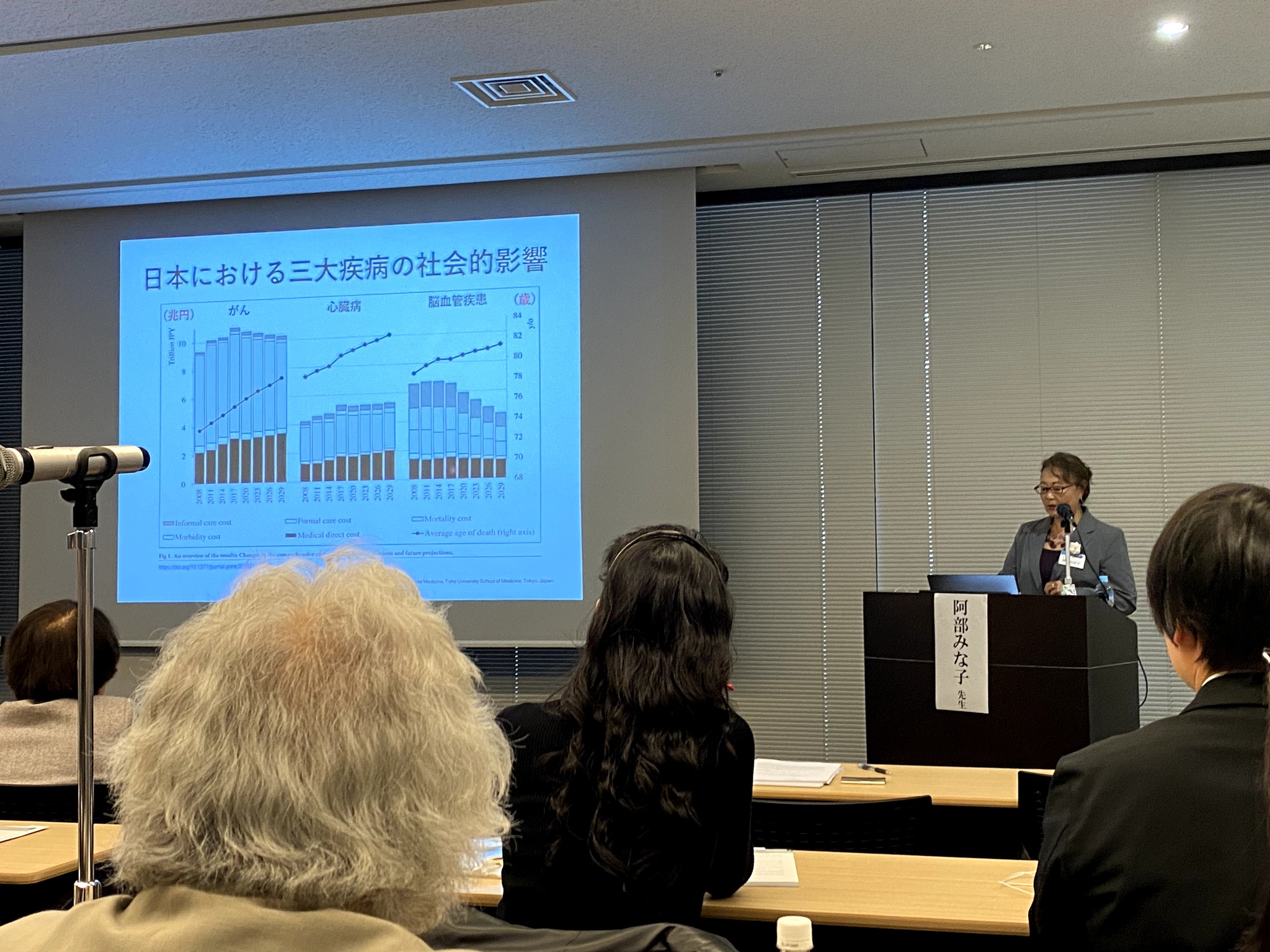
Challenges in Personalized Treatment
Japanese Summary: 個別化医療では、患者一人一人の生活状況に合わせた対応が重要です。エビデンスを基にしつつも、患者との対話や調整が鍵となる医療が求められています。
Personalized Medicine: Starting from Patient Life
In modern healthcare, "personalized medicine" is gradually becoming a trend. This approach not only relies on scientific data (medical "evidence-based" practice) but also incorporates patients' personal life backgrounds and needs. Each patient's living conditions are different, so a single standardized treatment approach cannot fully meet all needs. Through communication with patients, understanding their life details, psychological stress, or health goals, doctors can more effectively design appropriate treatment plans. This not only improves treatment accuracy but also allows patients to feel the warmth and support of healthcare.
"Communication" and "Flexibility" in Healthcare
Traditional healthcare often focuses on speed and efficiency, but in personalized medicine, doctors need to spend additional time asking patients: "How has your life been recently? What are your upcoming health goals?" Such conversations, though simple, can lay a solid foundation for treatment. More importantly, doctors need the ability to flexibly apply medical evidence, as not every patient fits textbook standards. By combining experience and observation, doctors can adjust treatment strategies according to different situations, helping patients achieve health goals and even motivating them to develop healthy lifestyle habits.
Conclusion: Better Healthcare, Better Life
Personalized medicine makes patients the center of the healthcare process, rather than just cold data supporters. Through flexible application of medical evidence and patient-centered care, doctors can better help them achieve health goals. At the same time, patients learn how to more effectively manage their own health during this process. This not only improves treatment effectiveness but also makes healthcare more humanized and caring. In the future, we look forward to more healthcare workers entering this field, bringing healthy and happy lives to everyone.
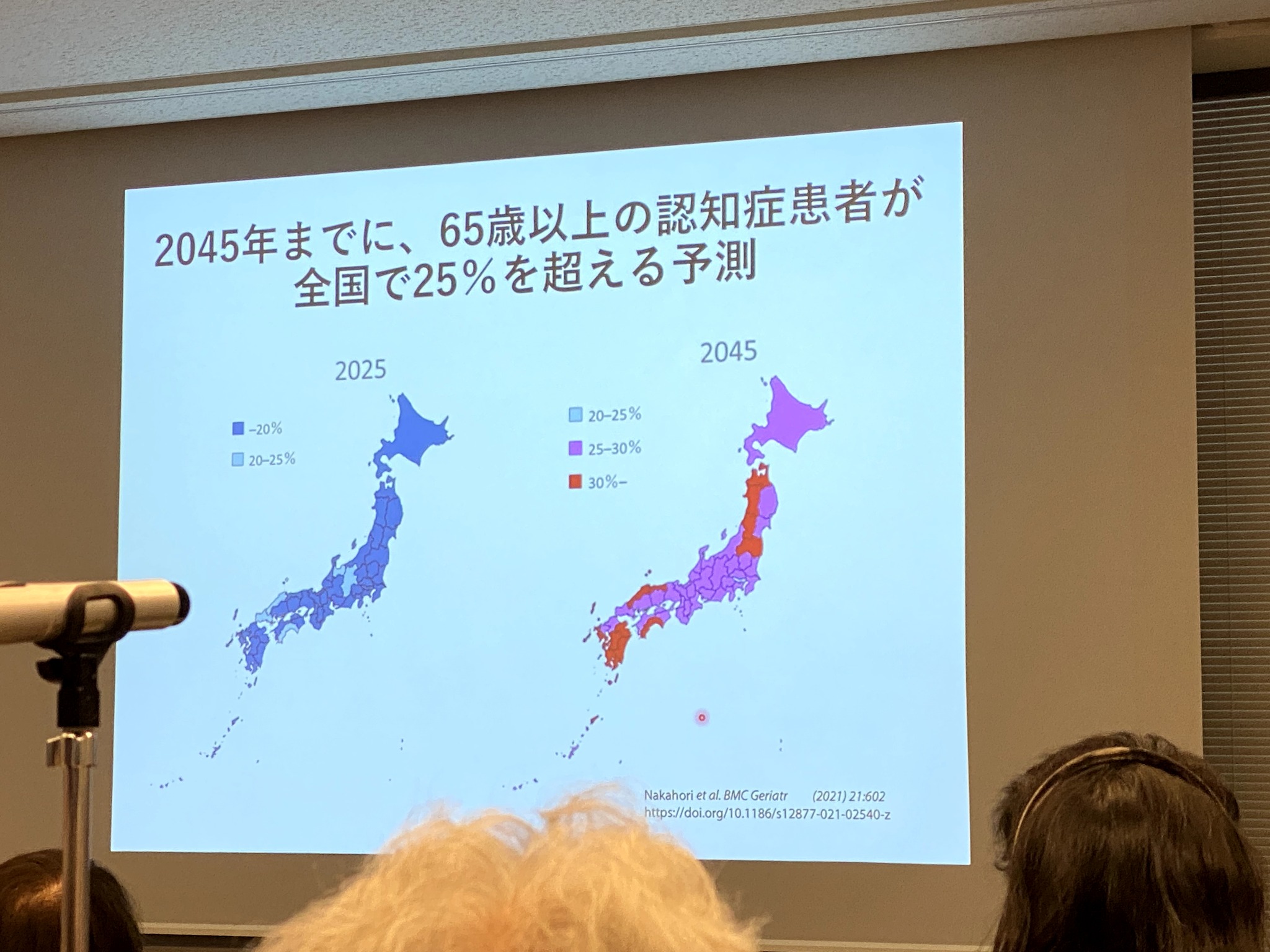
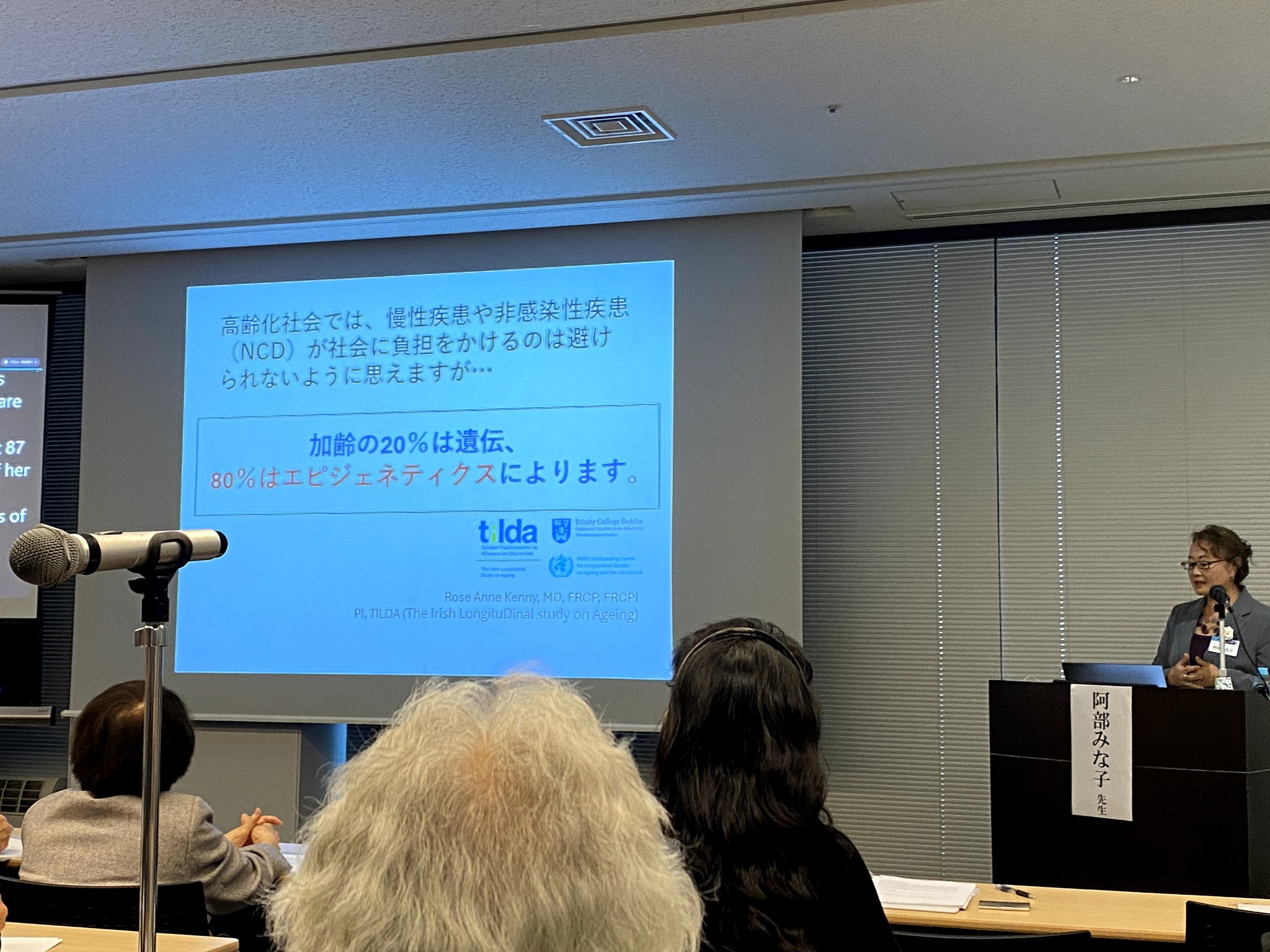
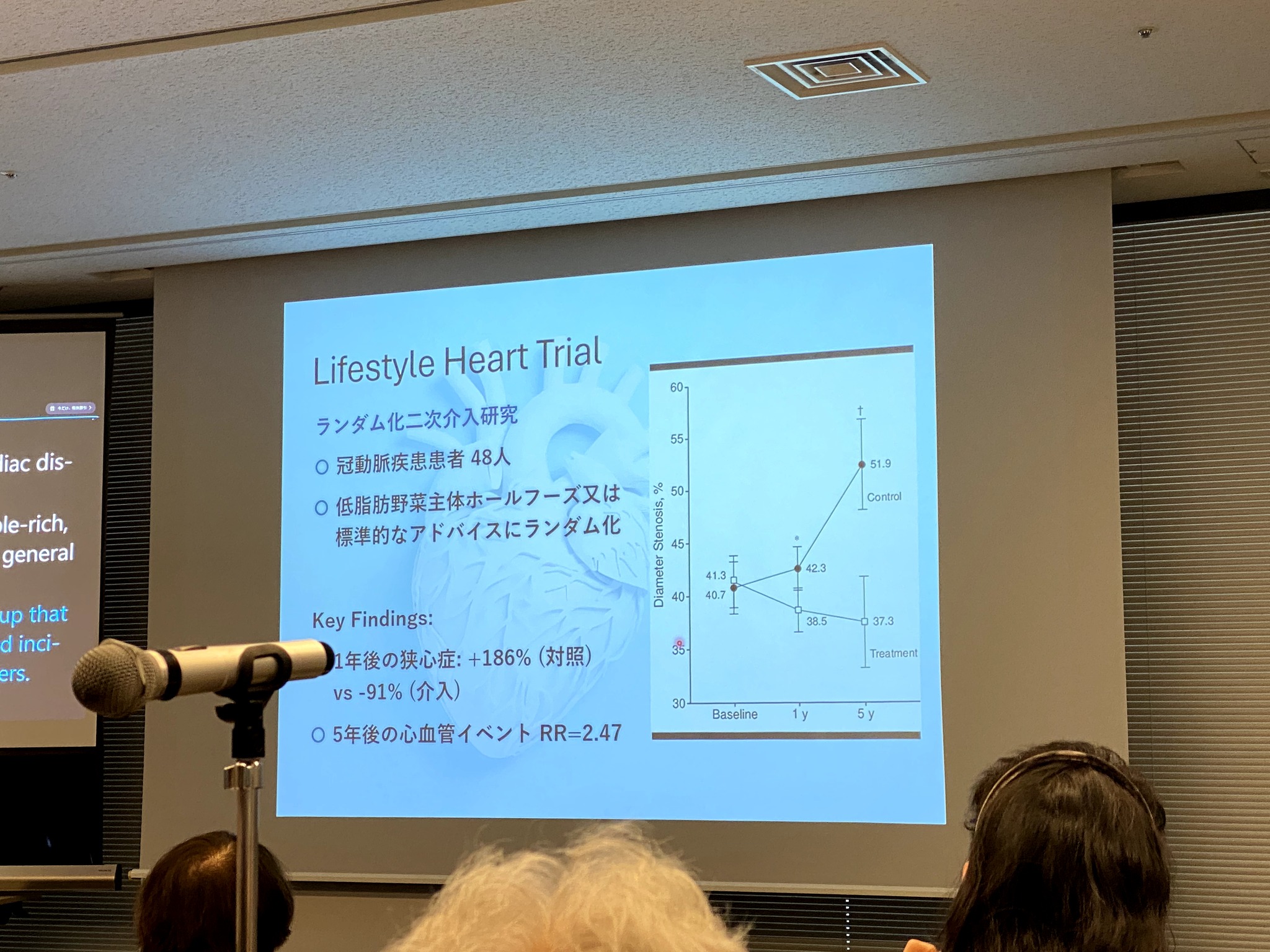
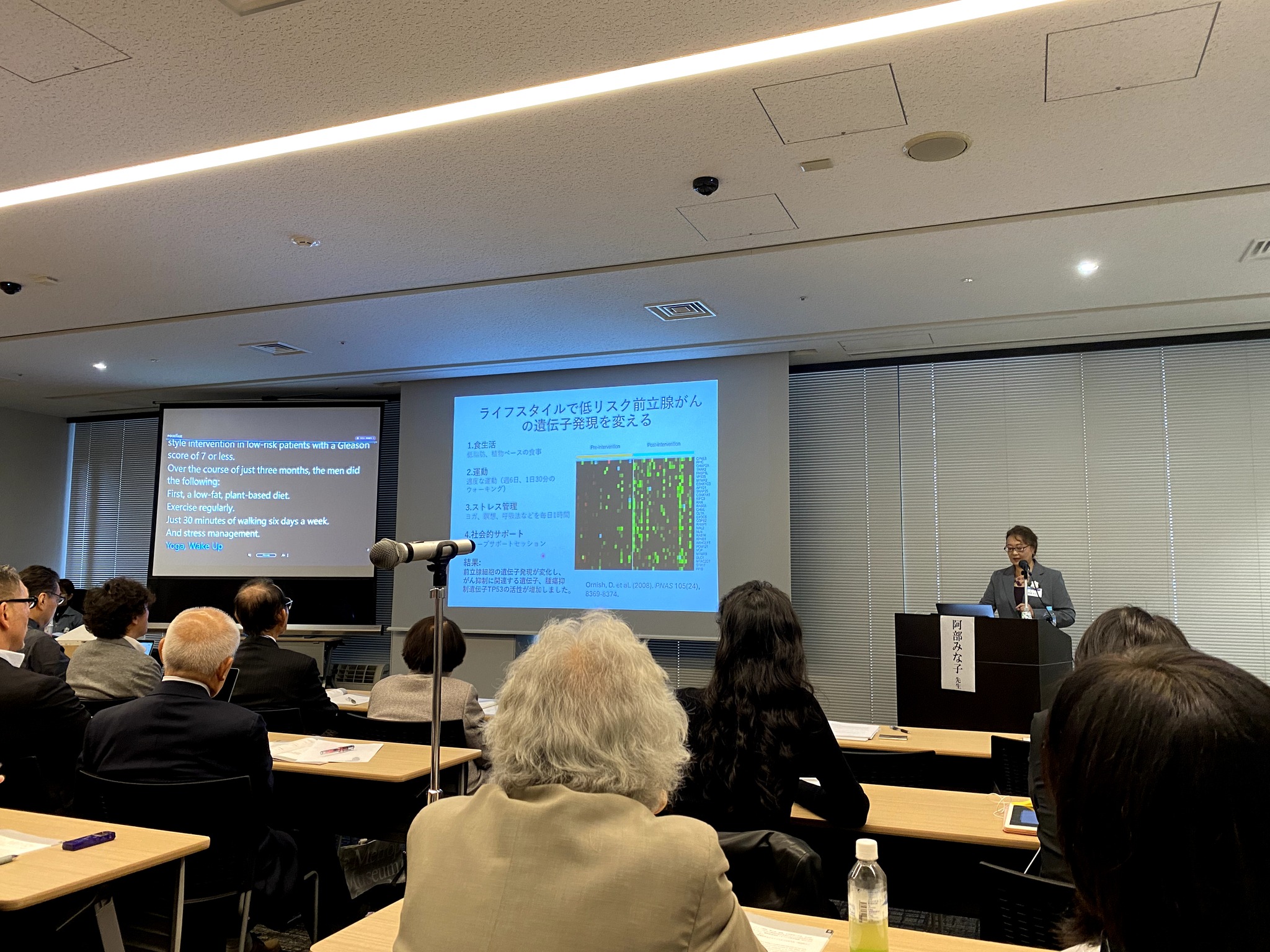
Moving Toward Health Through Lifestyle Medicine
Japanese Summary: ライフスタイル医学は、健康の改善と病気の予防に焦点を当てた新しい医療アプローチです。食事、運動、ストレス管理などを通じて、持続可能な健康を目指します。
Lifestyle Medicine: A New Path to Health
In recent years, Lifestyle Medicine has gradually become a new medical trend, emphasizing starting from daily lifestyle habits to improve health conditions and prevent diseases. Experts point out that 80% of the global disease burden is related to adjustable risk factors, including smoking, poor dietary habits, and lack of exercise. The United States alone spends $4.6 trillion annually on healthcare expenditures, but 90% of spending is used for chronic disease management rather than prevention. Lifestyle medicine advocates changing this situation through healthy diet, appropriate exercise, adequate sleep, and stress management, bringing humans longer and higher quality lives.
Scientific Support and Practical Recommendations
The core of lifestyle medicine lies in evidence-based practice, including six major health behaviors: nutrition, exercise, sleep, stress management, social connections, and reducing harmful substance intake. Research shows that high-fiber, plant-based diets can effectively prevent and reverse various chronic diseases; regular exercise helps improve cardiovascular health and reduce stress. Additionally, sleep deprivation can lead to anxiety, immune system disorders, and even obesity, making it crucial to maintain more than seven hours of high-quality sleep each night. Through social activities and positive interpersonal interactions, we can better cope with stress and achieve both psychological and physiological health.
Conclusion: The First Step Toward Health
The goal of lifestyle medicine is not to completely replace existing medical models but to provide more comprehensive health management approaches. It reminds us that even small changes, such as drinking more water, eating more vegetables, and taking daily walks, can have profound impacts on health. Each of us can start from ourselves, achieving healthier and happier living conditions by adjusting our lifestyles. In the future, with the participation of more medical practitioners and continued scientific development, lifestyle medicine will become an important force in our move toward a healthy society.
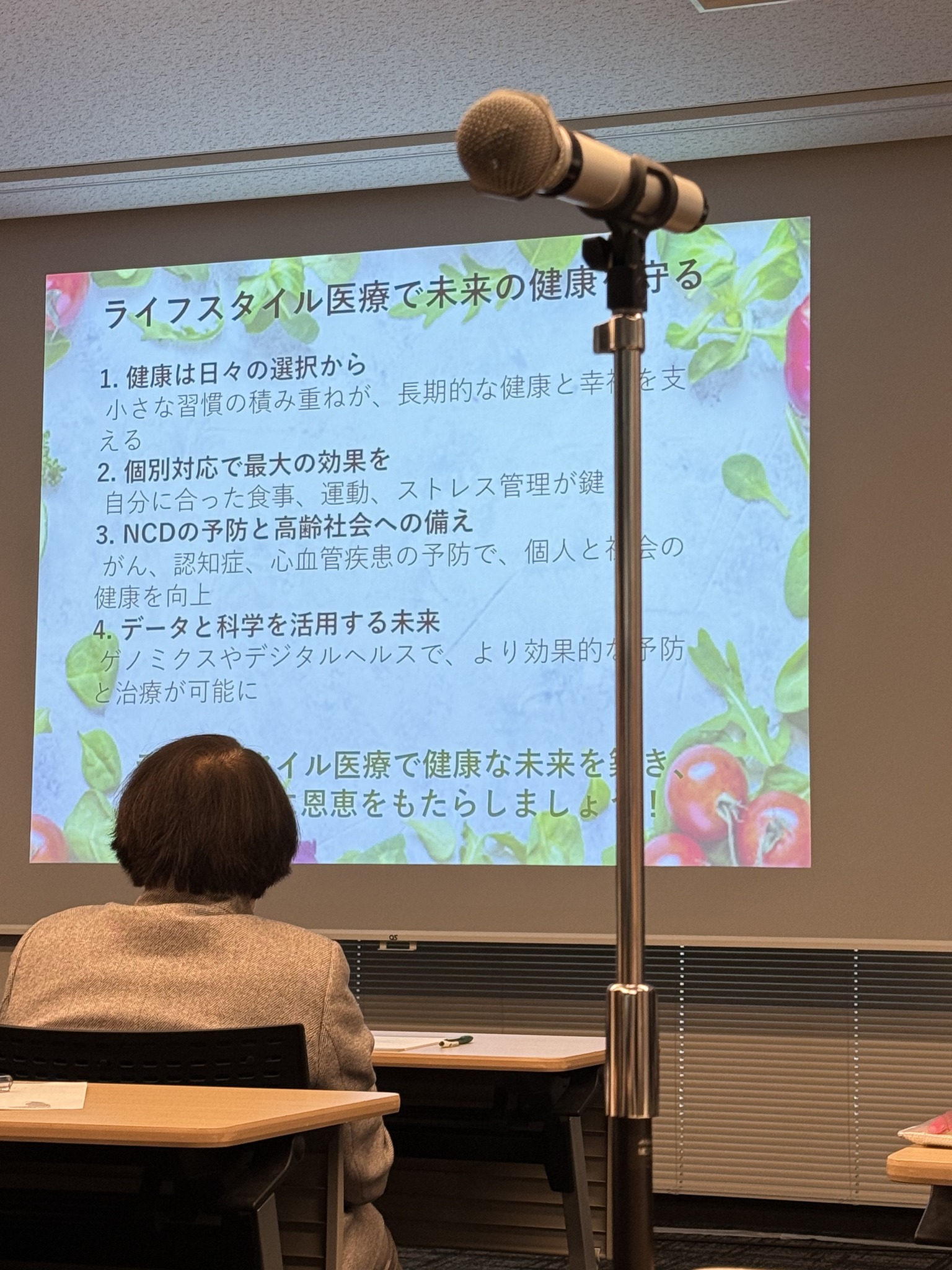
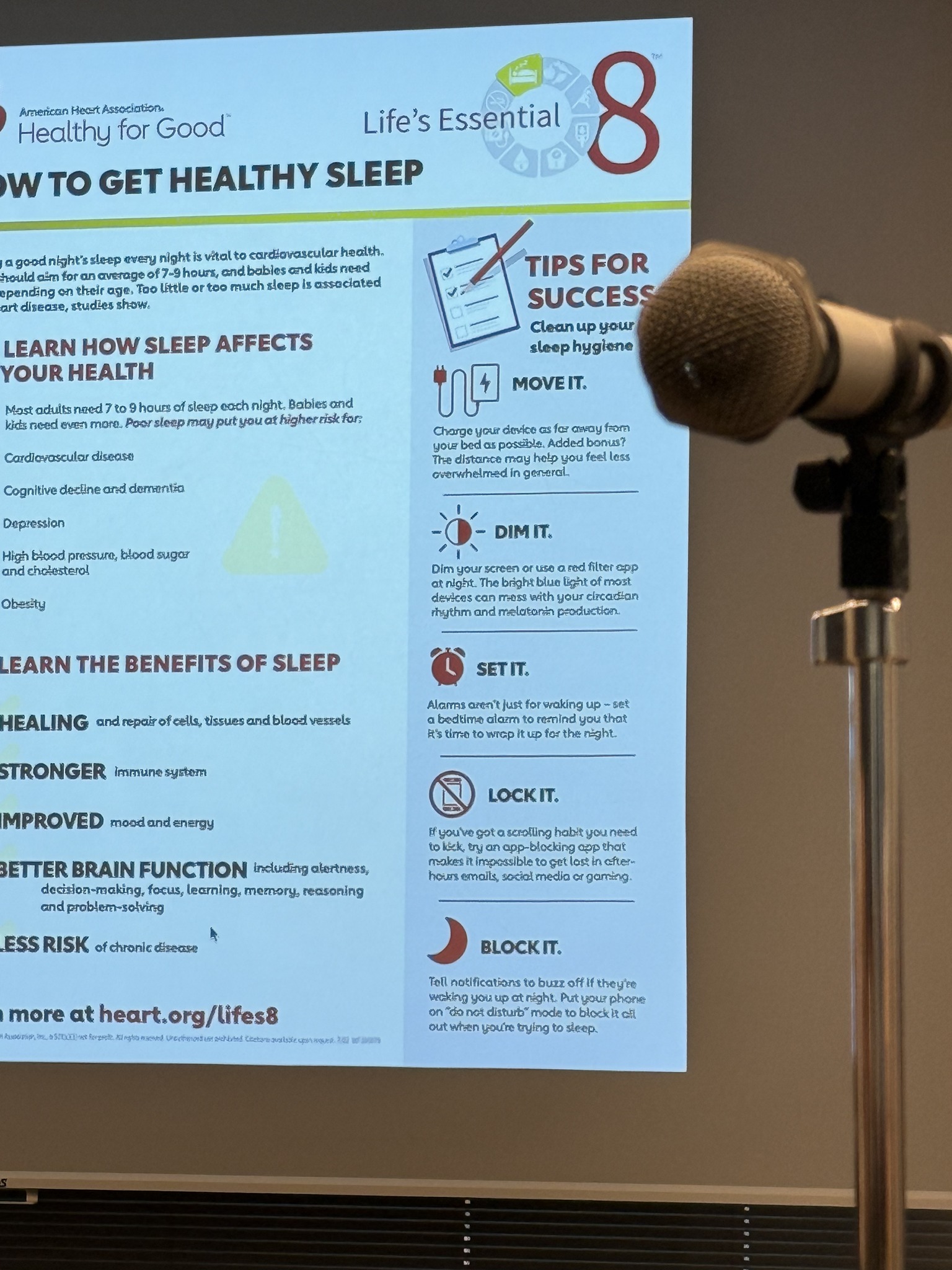
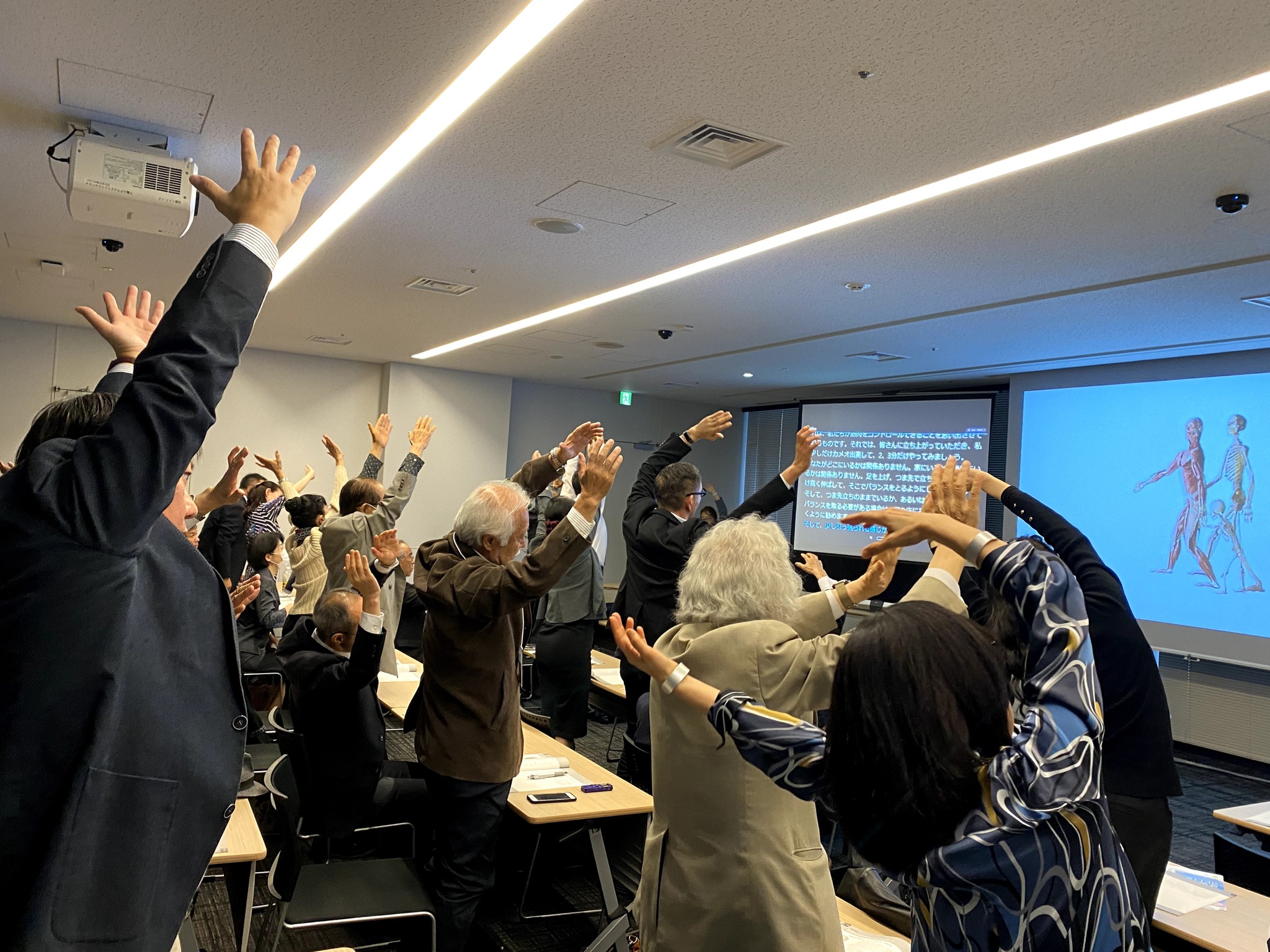
Health Changes Start from Small Places
Japanese Summary: ライフスタイル医学の重要性が強調されました。患者の選択と小さな成功が健康へのポジティブな変化を生む鍵です。医療従事者も自らの健康改善を実践することが推奨されます。
Lifestyle Medicine: Change Starts Small
Lifestyle Medicine emphasizes finding entry points for health improvement from patients' daily choices and respecting each person's needs and preferences. In interactions with patients, doctors can ask: "What aspect would you most like to improve first?" Through simple life changes such as diet, exercise, sleep, or stress reduction, patients can gradually accumulate small successes, thereby building confidence and creating a positive cycle of healthy living. For example, some patients might start by drinking two more glasses of water daily, and such small changes can bring unexpected results.
Collaborative Efforts Between Doctors and Patients
For doctors with limited medical time, lifestyle medicine provides flexible solutions. Doctors don't need to solve all of patients' health problems in just a few minutes but can serve as "health mentors," guiding patients to find suitable health paths for themselves. When patients show interest, doctors can recommend professional nutritionists, physical therapists, or health coaches to help patients continue progressing. At the same time, doctors themselves should participate in such health changes, such as adjusting sleep habits or improving diet, becoming role models for patients.
Conclusion: Health Changes Start from Yourself
The core of lifestyle medicine lies in action and practice. Whether doctors or patients, we can all start from today, trying small and feasible changes to experience the benefits that health improvements bring. When we ourselves become healthier and more confident, we can also more effectively encourage those around us. Starting from simple actions, such as sleeping 15 minutes earlier or taking a five-minute walk daily, these small changes will gradually accumulate and become the foundation of great health. Join the ranks of lifestyle medicine now and work together for a healthy future life!
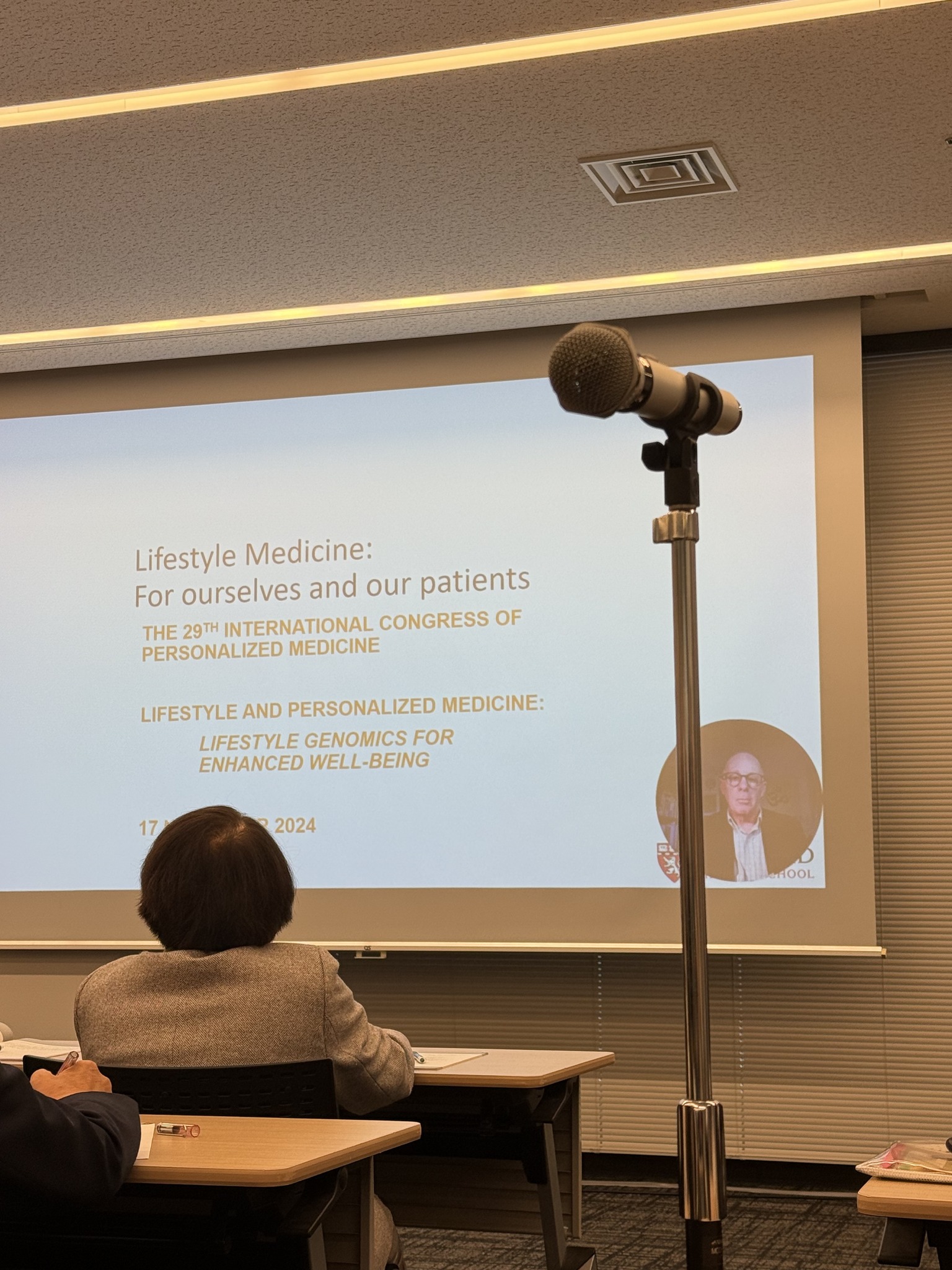
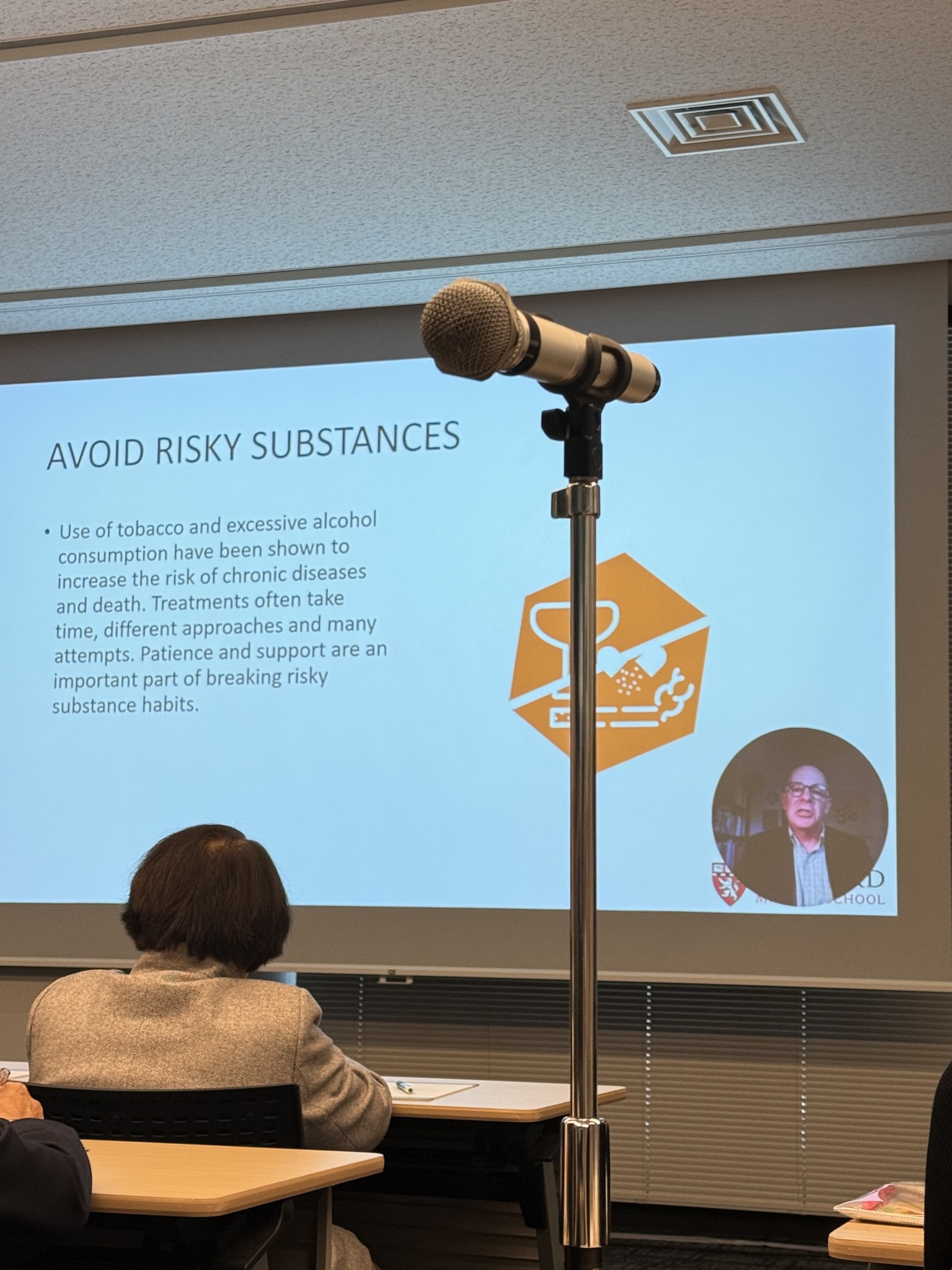
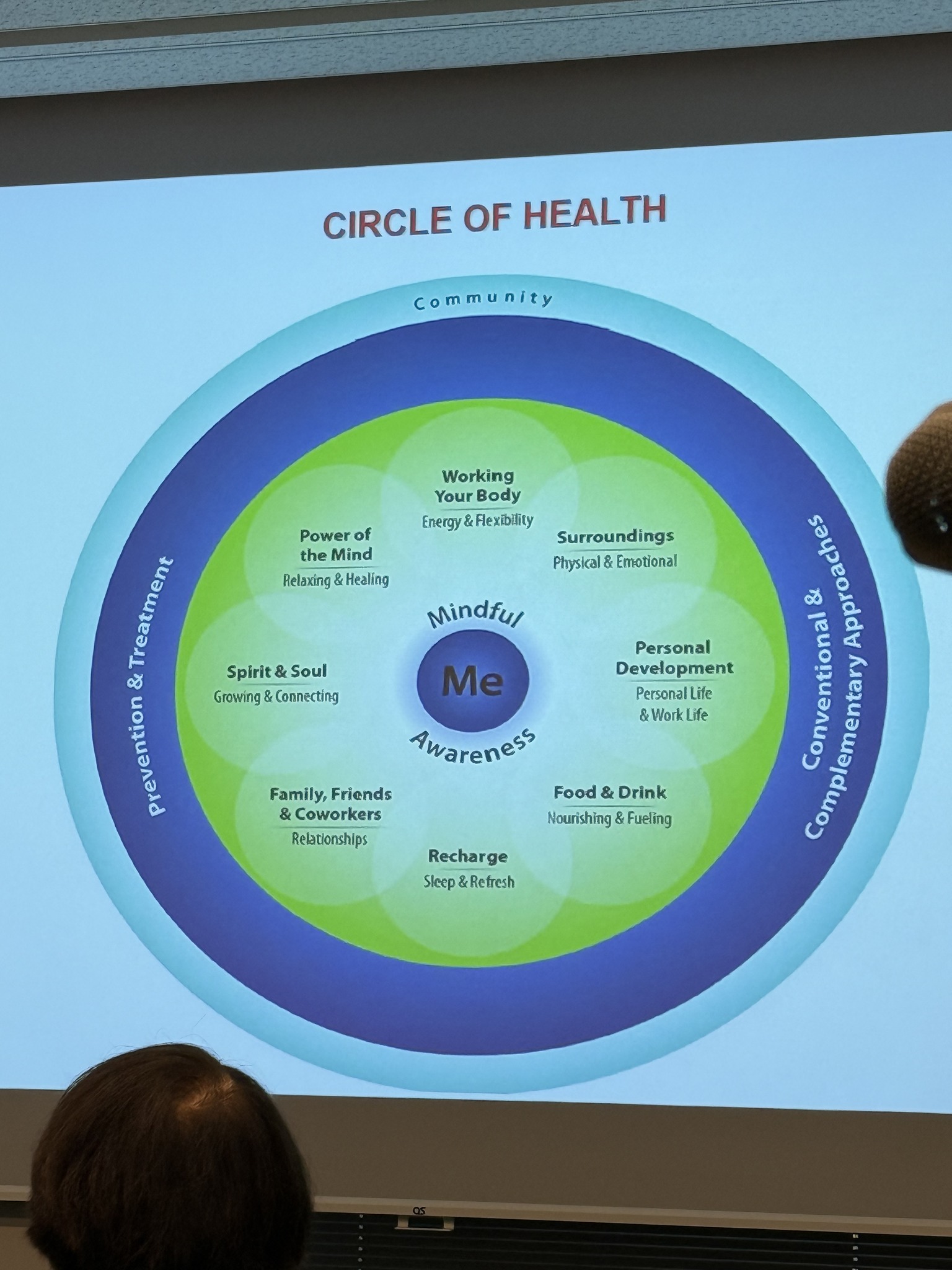
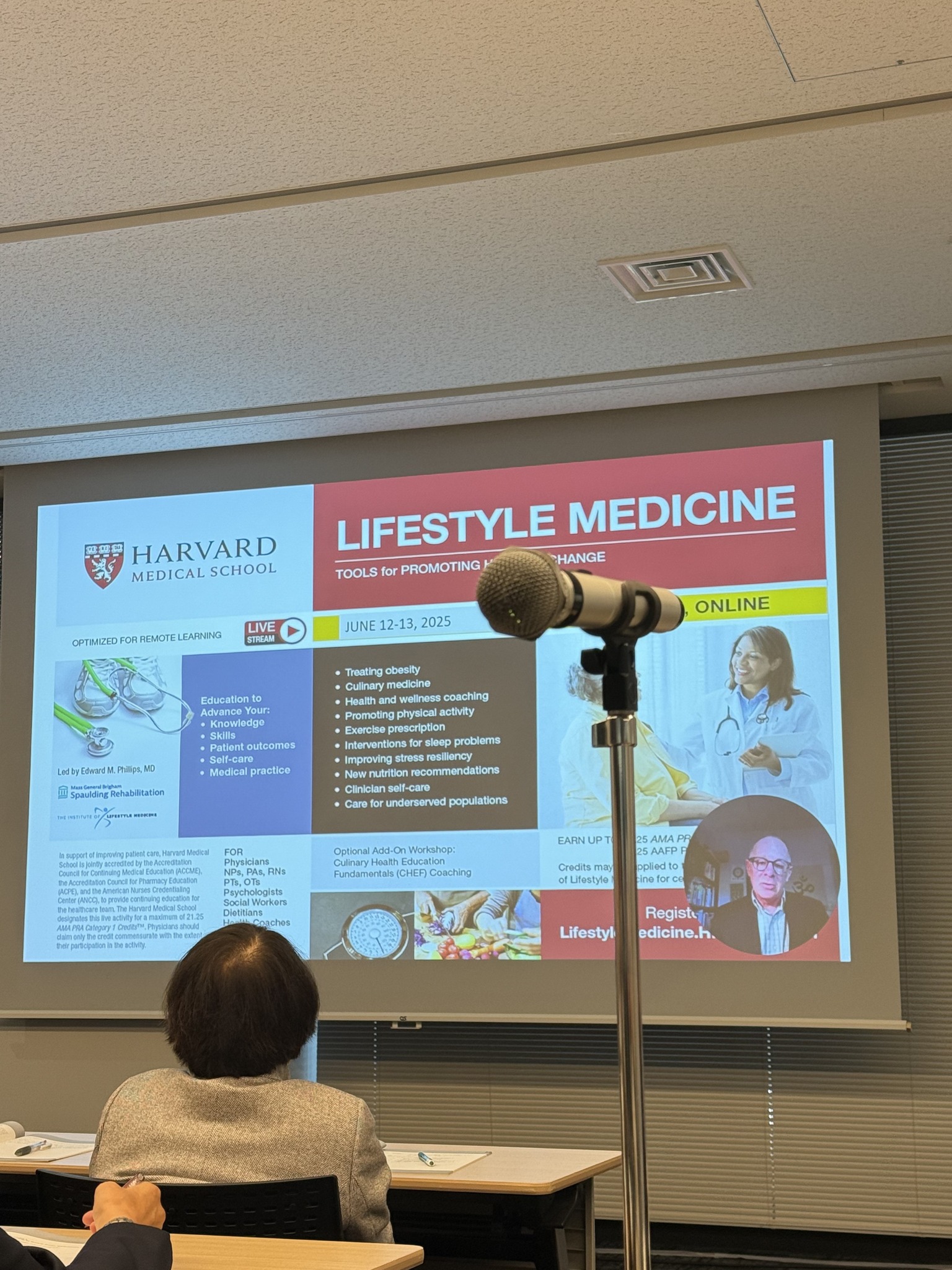
Sleep - The Unignorable Foundation of Health
Japanese Summary: 睡眠は生産性や健康に深く関わる要素です。近年の研究では、睡眠不足が認知症やメタボリックシンドロームのリスクを高めることが確認されています。質の高い睡眠の重要性が再認識されています。
Sleep: The Unignorable Foundation of Health
Sleep is an indispensable part of life, but in modern society, many people neglect adequate sleep due to work pressure or lifestyle habits. Research shows that sleep deprivation not only leads to decreased daily efficiency but is also closely related to health problems such as cardiovascular disease, obesity, and cognitive decline. For example, just one night of staying up late can negatively affect the brain's metabolic substances, thereby increasing the risk of Alzheimer's disease. Experts emphasize that sleep is not simply rest but an important process for the body to restore function and strengthen immunity.
Core Elements of High-Quality Sleep
High-quality sleep requires regularity, adequate sleep duration, and the proportion of deep sleep. The ideal sleep structure includes alternating non-rapid eye movement sleep (NREM) and rapid eye movement sleep (REM). NREM deep sleep is mainly responsible for physical recovery, while REM sleep is closely related to emotional regulation and memory consolidation. Additionally, environmental factors such as light, sound, and evening use of electronic devices directly affect sleep quality. Therefore, developing fixed bedtime habits and reducing blue light exposure before sleep can effectively improve sleep quality.
Conclusion: Start Valuing Sleep from Tonight
Good sleep is the foundation of healthy living and key to preventing chronic diseases. Starting tonight, setting a regular sleep schedule and ensuring 7-8 hours of sleep daily will be the first step in investing in health. Through scientific sleep management, we can not only improve quality of life but also extend healthy lifespan. Remember, sleeping well gives you the energy to face each day's challenges.
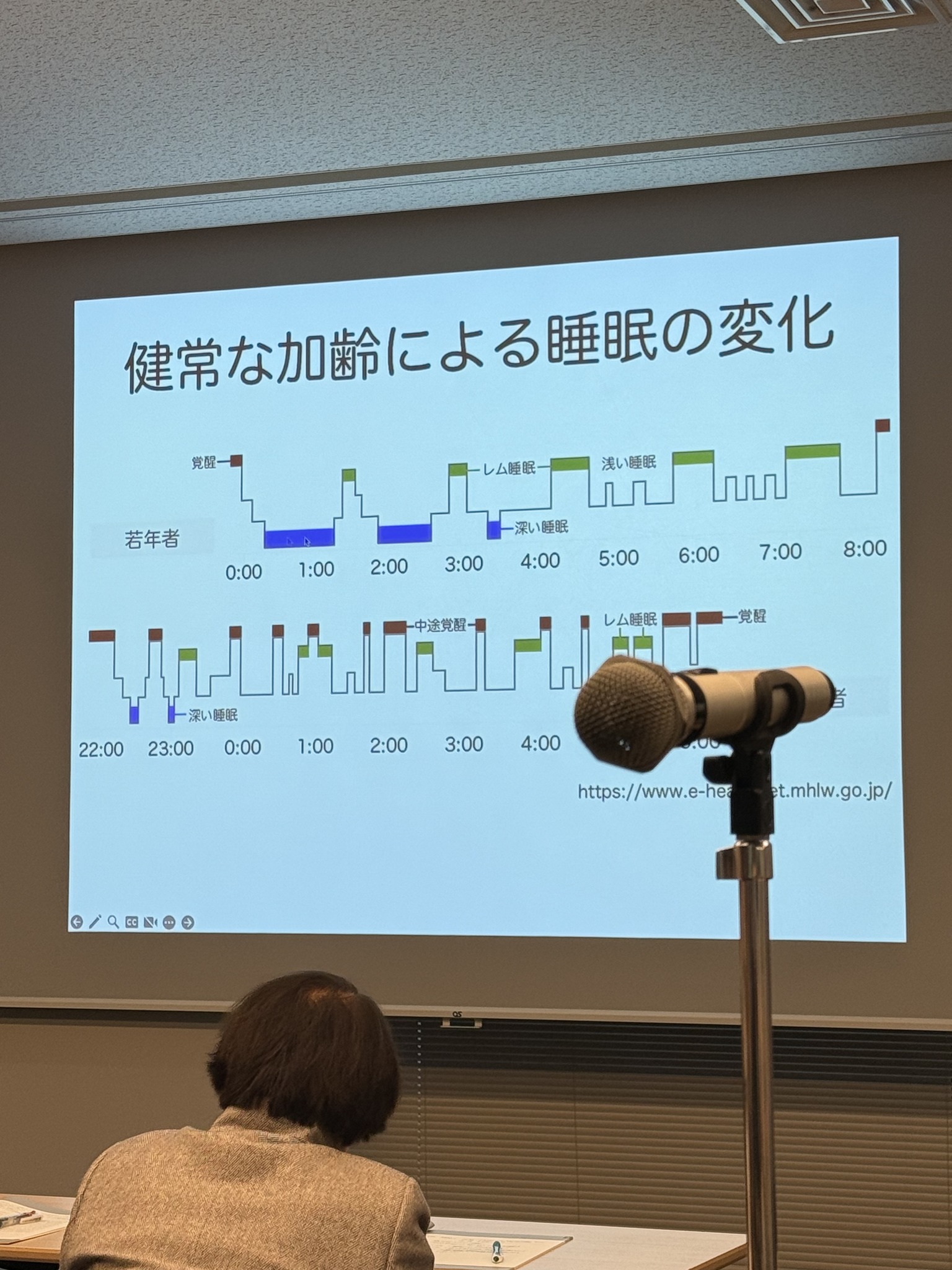
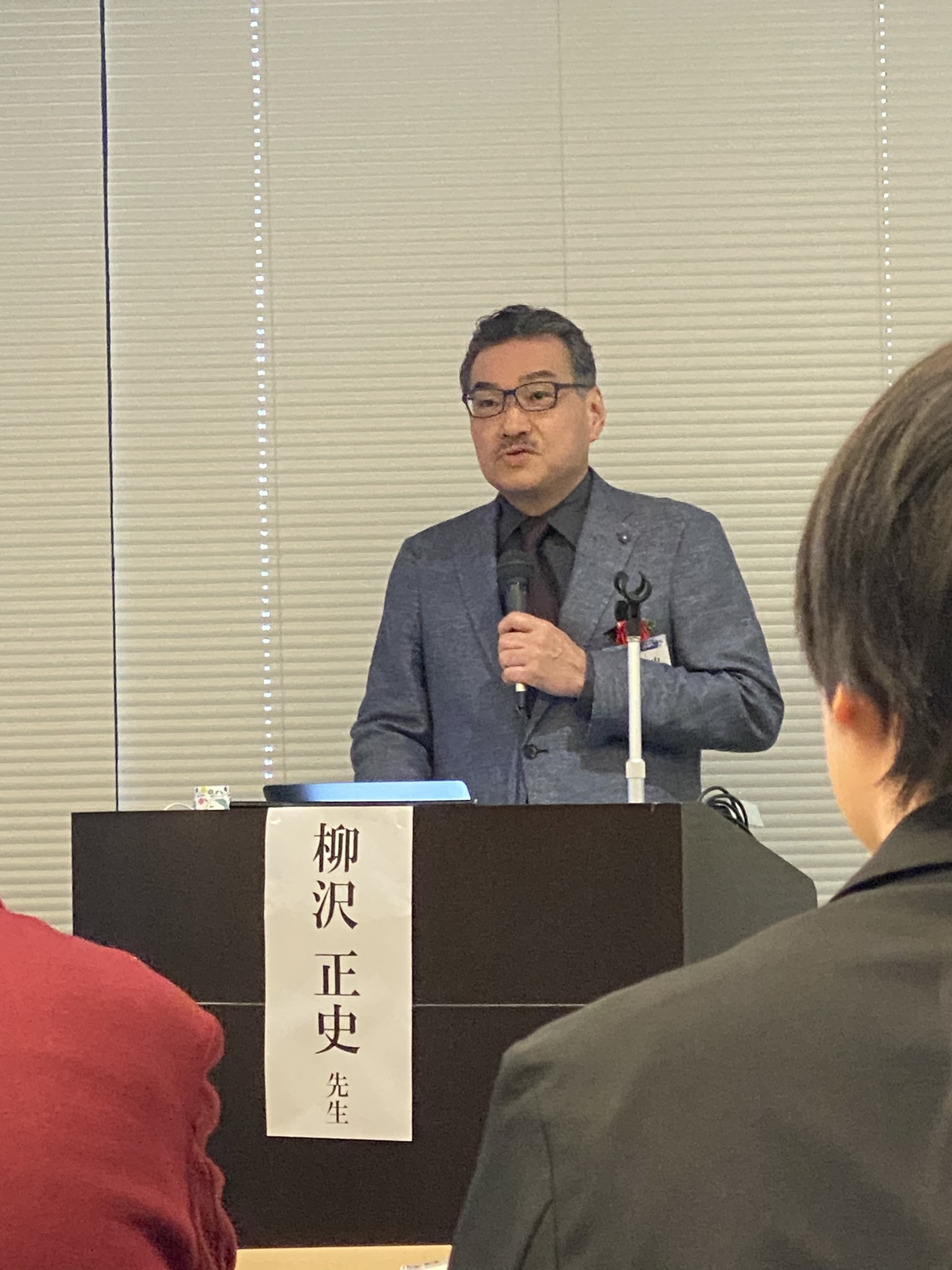
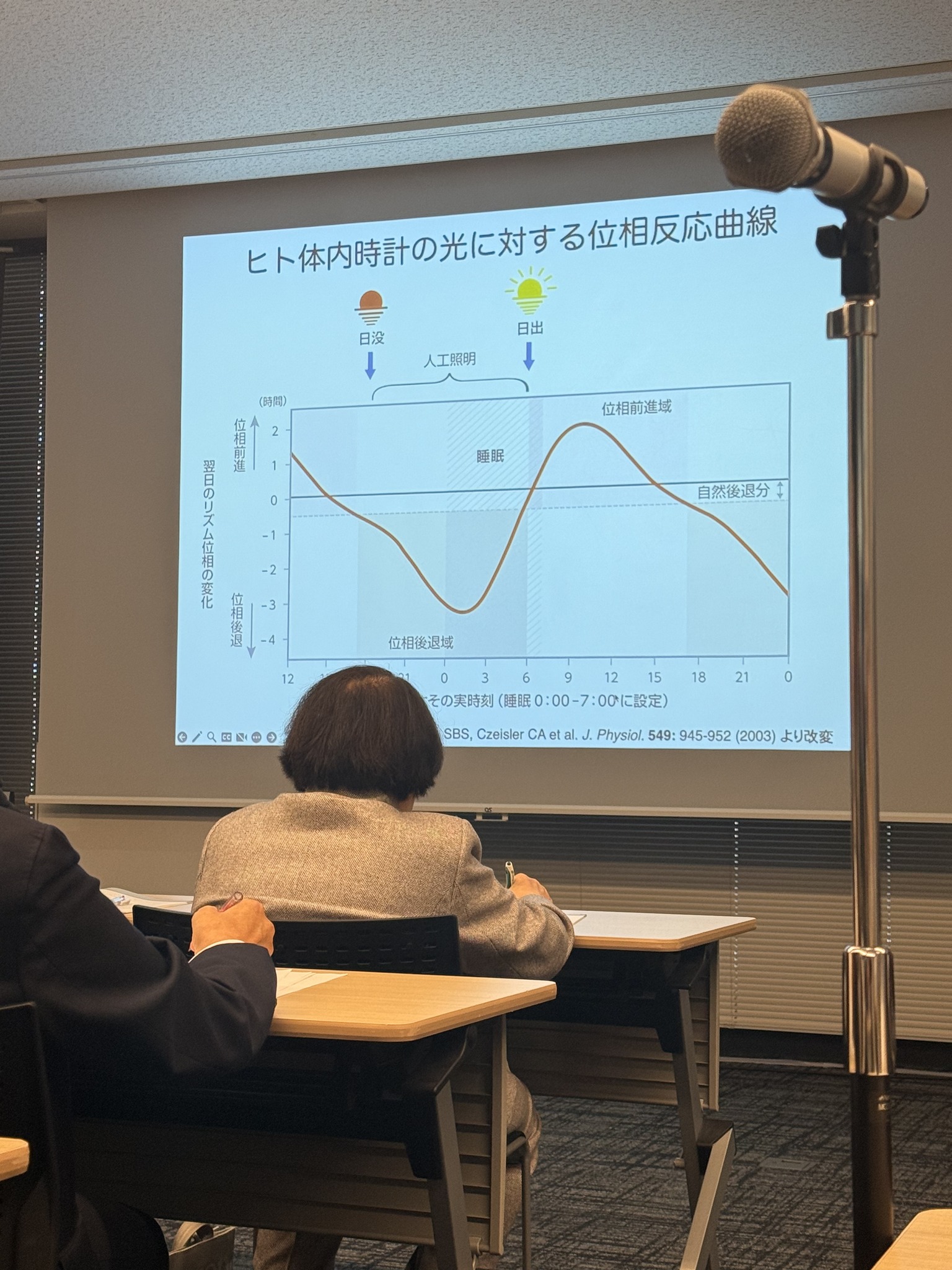
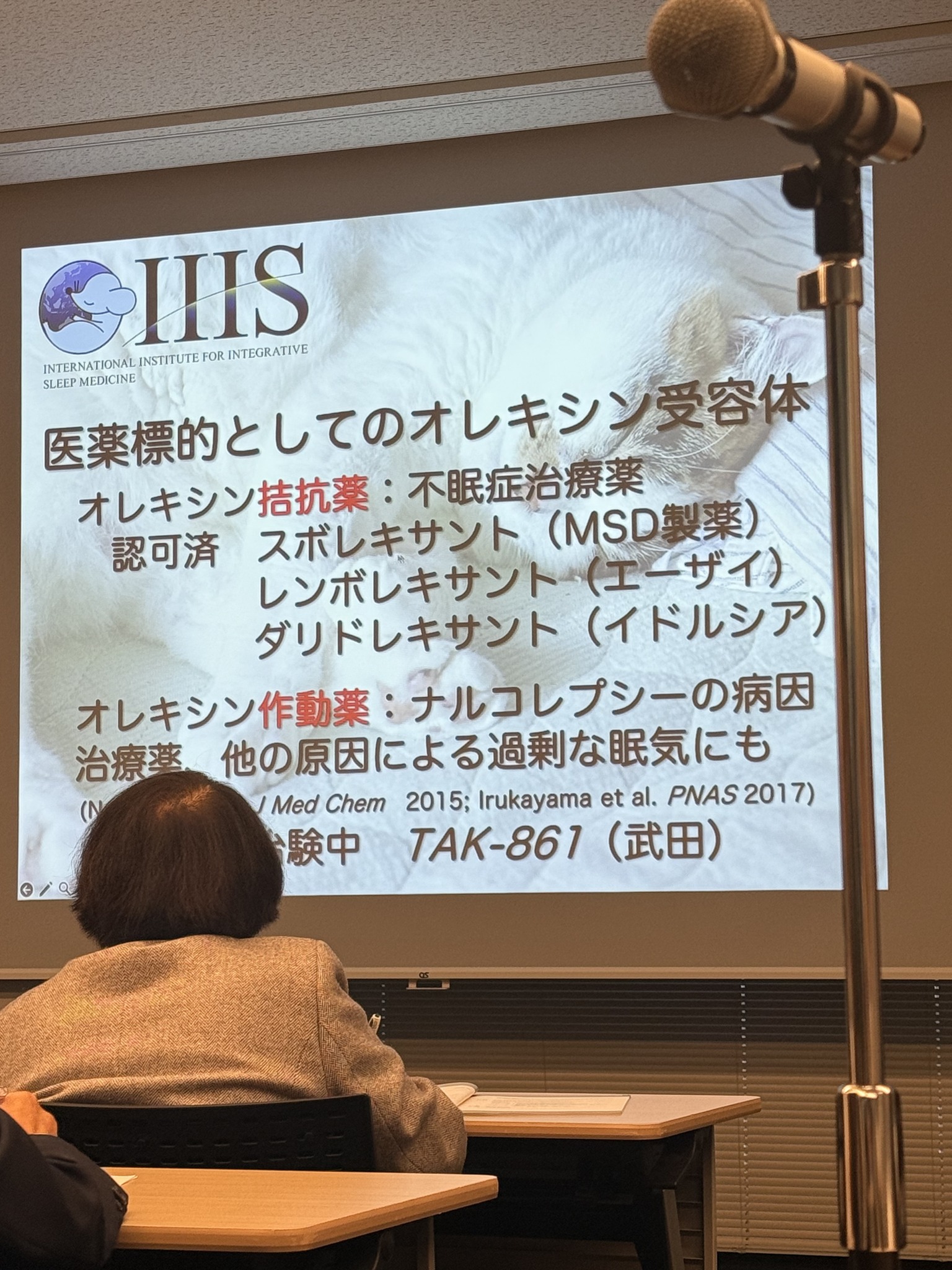
Sleep and Gut Health
Japanese Summary: 腸内細菌が睡眠や健康に与える影響についての研究が進行中です。これらの知見は、個々の生活習慣に応じた健康管理の可能性を広げます。
Gut and Sleep: New Health Opportunities from Bacteria
In recent years, the relationship between gut bacteria and health has gradually become a focus of scientific research. Not just the digestive system, microorganisms in the gut may also affect our sleep quality and emotions. Experts point out that specific gut microbiota participate in the body's complex mechanisms, such as affecting neurotransmitter secretion, thereby regulating sleep. Although these studies are still in early stages, they lay the foundation for understanding the deep connection between gut and sleep.
How Does Gut Health Affect Lifestyle?
Diet is one of the key factors affecting gut health. Research shows that high-fiber diets and diverse nutritional intake can promote gut microbiota balance, thereby indirectly improving sleep quality. Additionally, stress in life and irregular schedules can also negatively affect gut microbiota, further reducing sleep efficiency. Therefore, improving dietary structure and managing stress are crucial for enhancing overall health and sleep quality.
Conclusion: Great Health in the Microscopic World
Gut microorganisms may be the breakthrough point for future health management. Starting from tiny bacteria, we can find new ways to influence overall health. Optimizing dietary habits and maintaining regular schedules - these simple lifestyle adjustments not only help gut health but also give you better sleep and quality of life. In the future, we look forward to more research revealing the mysteries between gut and physical and mental health, creating customized health plans for everyone.
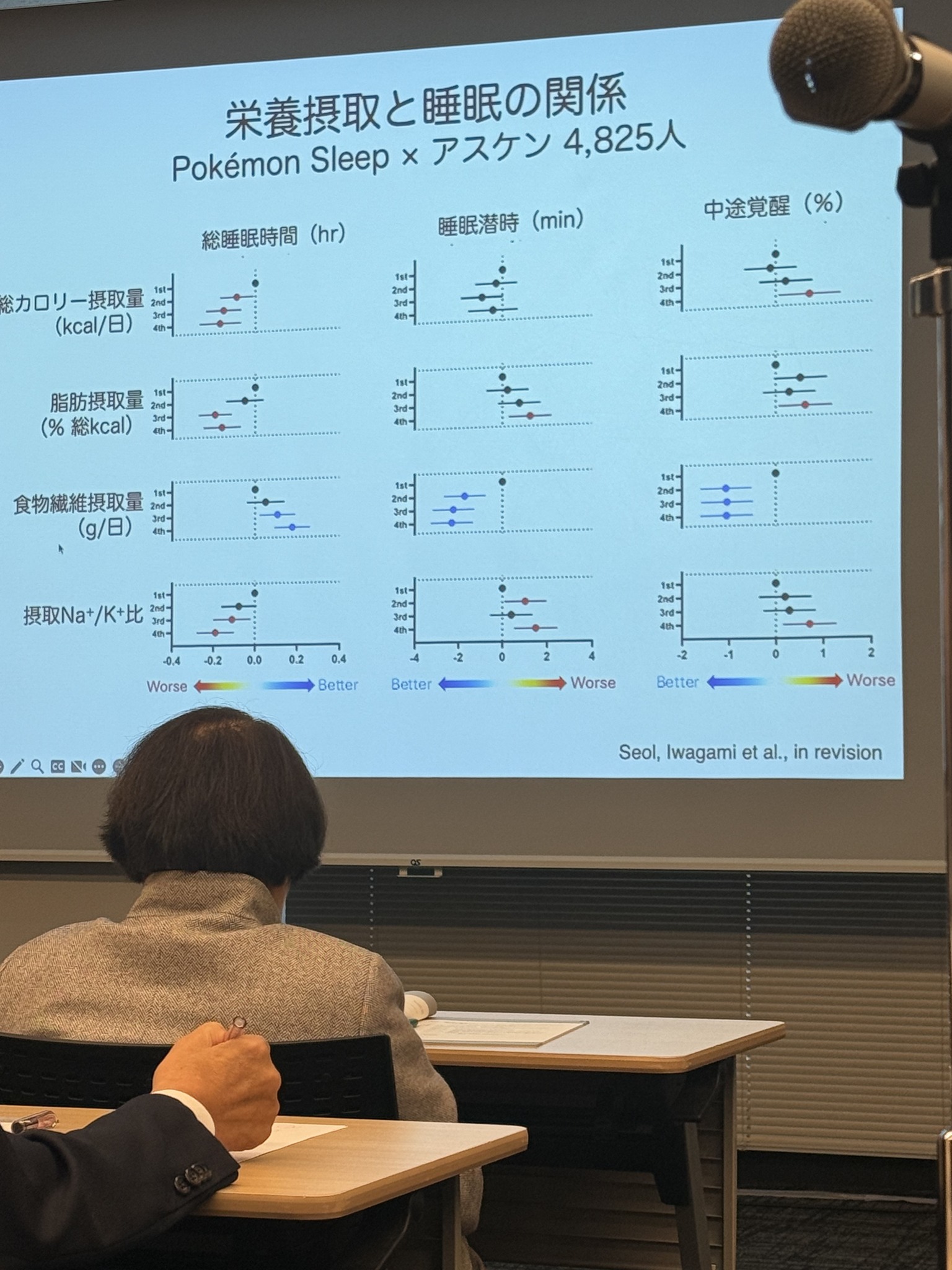
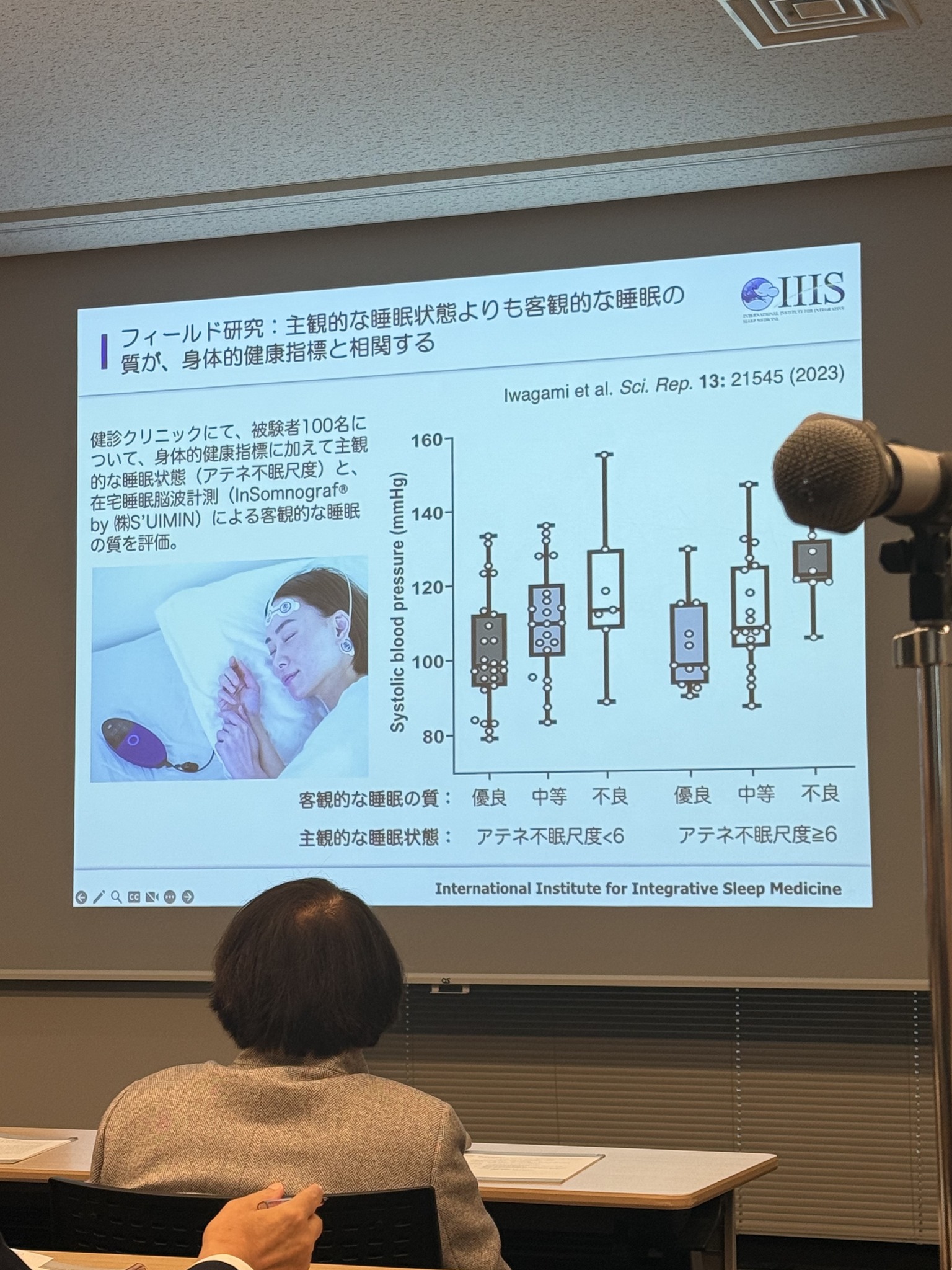
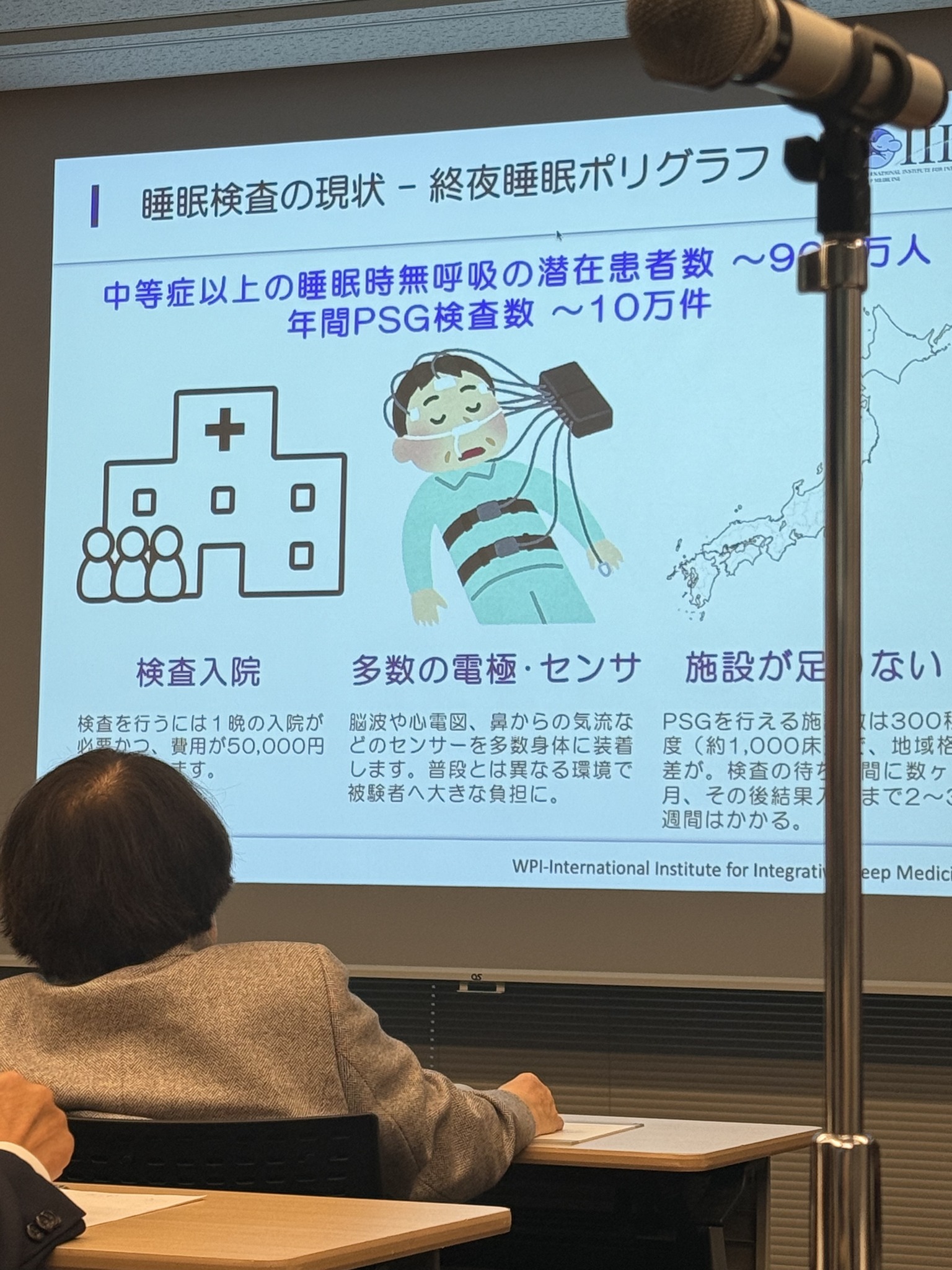
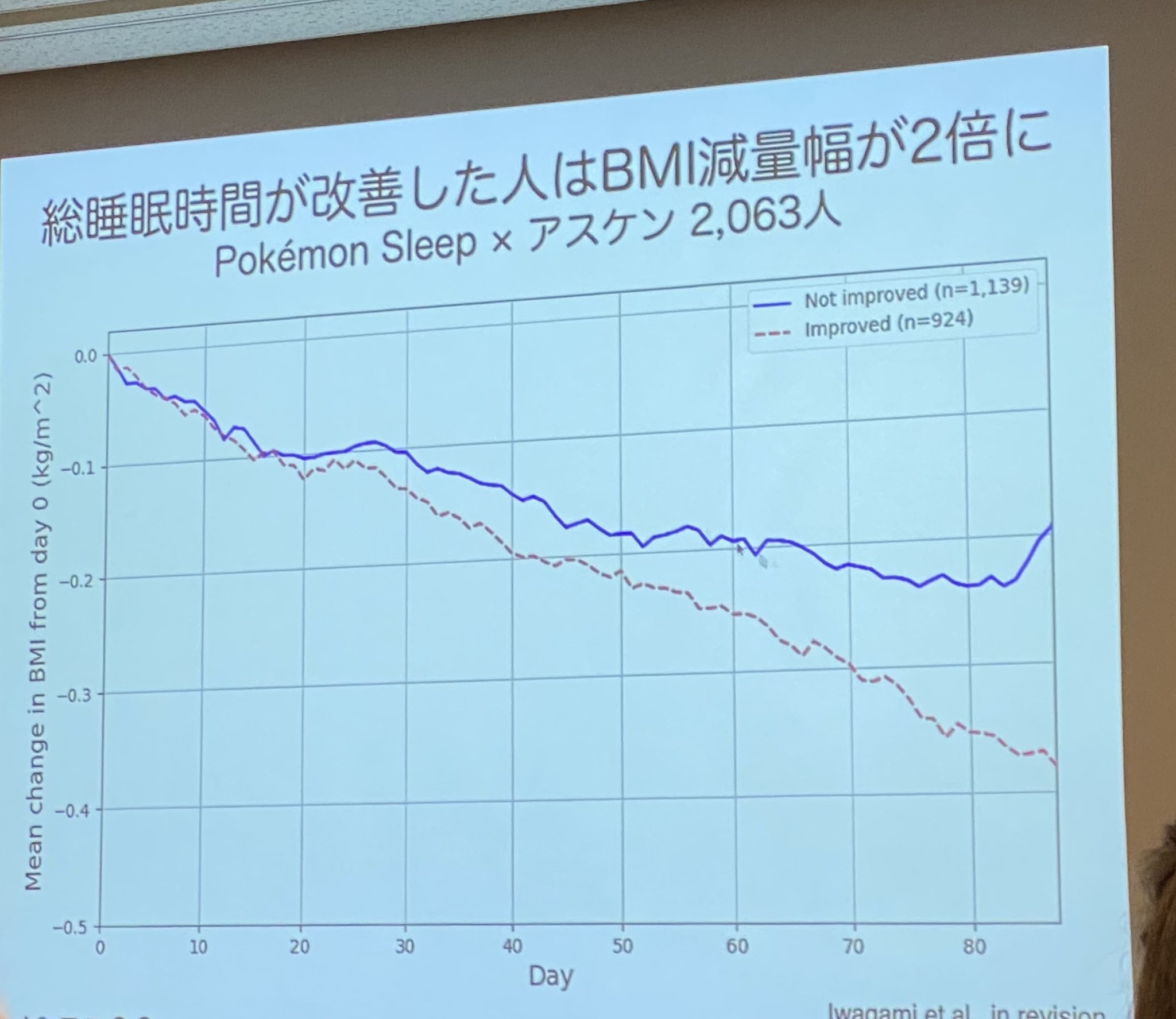
Your Health Relates to the Next Generation's Health
Japanese Summary: ライフスタイル医学は、次世代の健康を守る重要な医療分野です。食事の質、妊娠期の環境、遺伝的要因の相互作用が注目されています。
Foundation of Health: From Lifestyle to Impact on the Next Generation
Modern medical research has found that the occurrence of chronic diseases such as cardiovascular disease and diabetes is not only closely related to lifestyle but may also be profoundly affected by fetal and pregnancy environments. For example, a mother's nutritional status and stress levels during pregnancy can affect the fetus's future health risks through epigenetic regulation. Research shows that maternal malnutrition or dietary imbalance during pregnancy may lead to low birth weight in newborns, further increasing their probability of developing chronic diseases in adulthood.
Precision Medicine and Personalized Guidance
The key to improving health lies in enhancing dietary quality rather than just focusing on weight or calorie intake. For example, reasonable weight gain and balanced nutritional intake during pregnancy can promote healthy fetal development. Recent research also points out that genetic regulatory mechanisms such as DNA methylation change due to environmental stimuli and have long-term effects on offspring health. This means that personalized health guidance, including dietary recommendations based on genetic information, will be an important direction for future medical development.
Conclusion: Start Changing Today, Affect the Future
A healthy lifestyle is not just a personal choice but a commitment to the next generation. From balanced diet and regular exercise to stress management, these efforts can not only improve personal health but also create a healthier growth environment for the next generation. In the future, with the advancement of precision medicine, health guidance based on individual genetics and life backgrounds will become possible, allowing everyone to enjoy a higher quality of life and health.
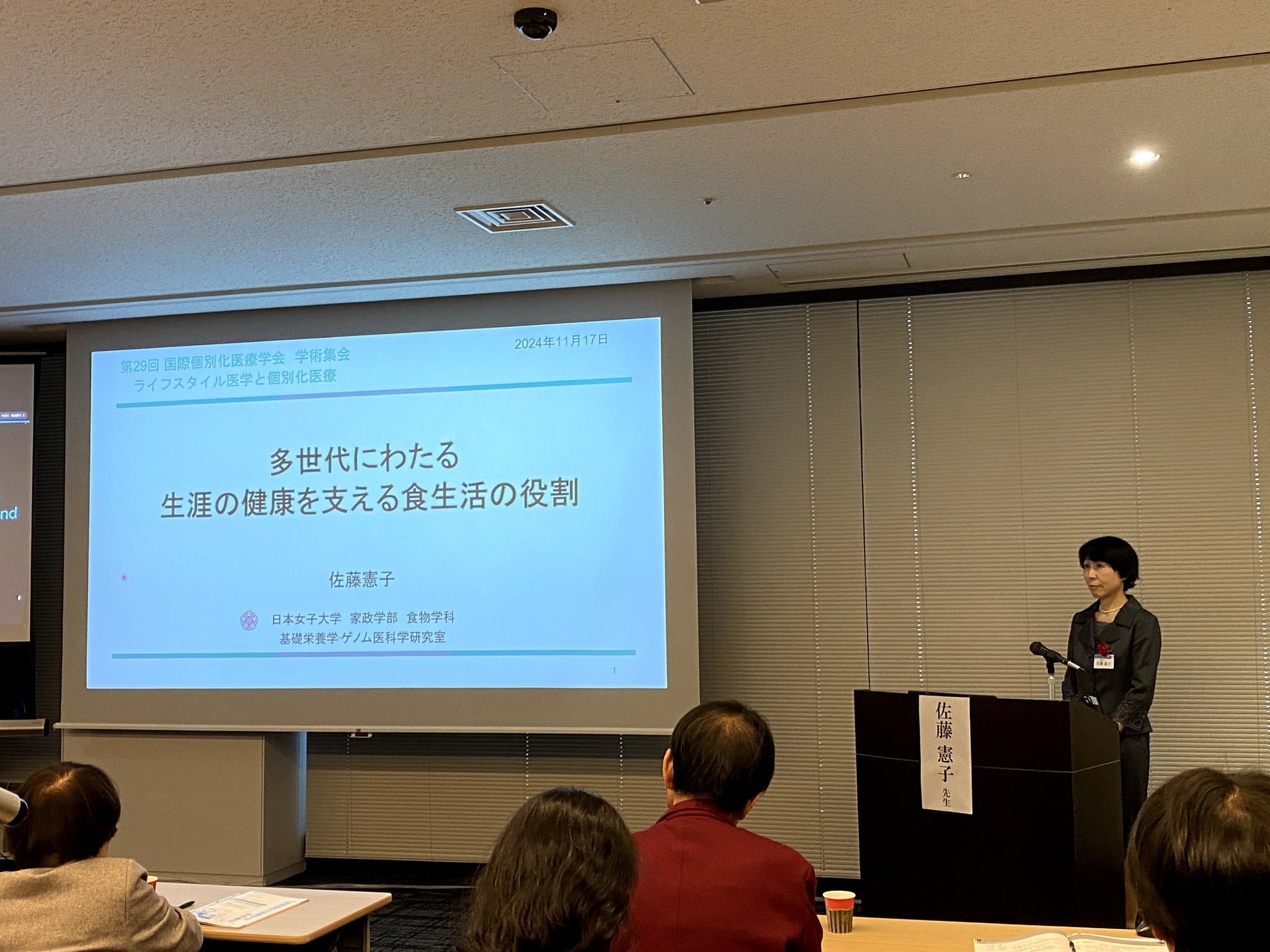
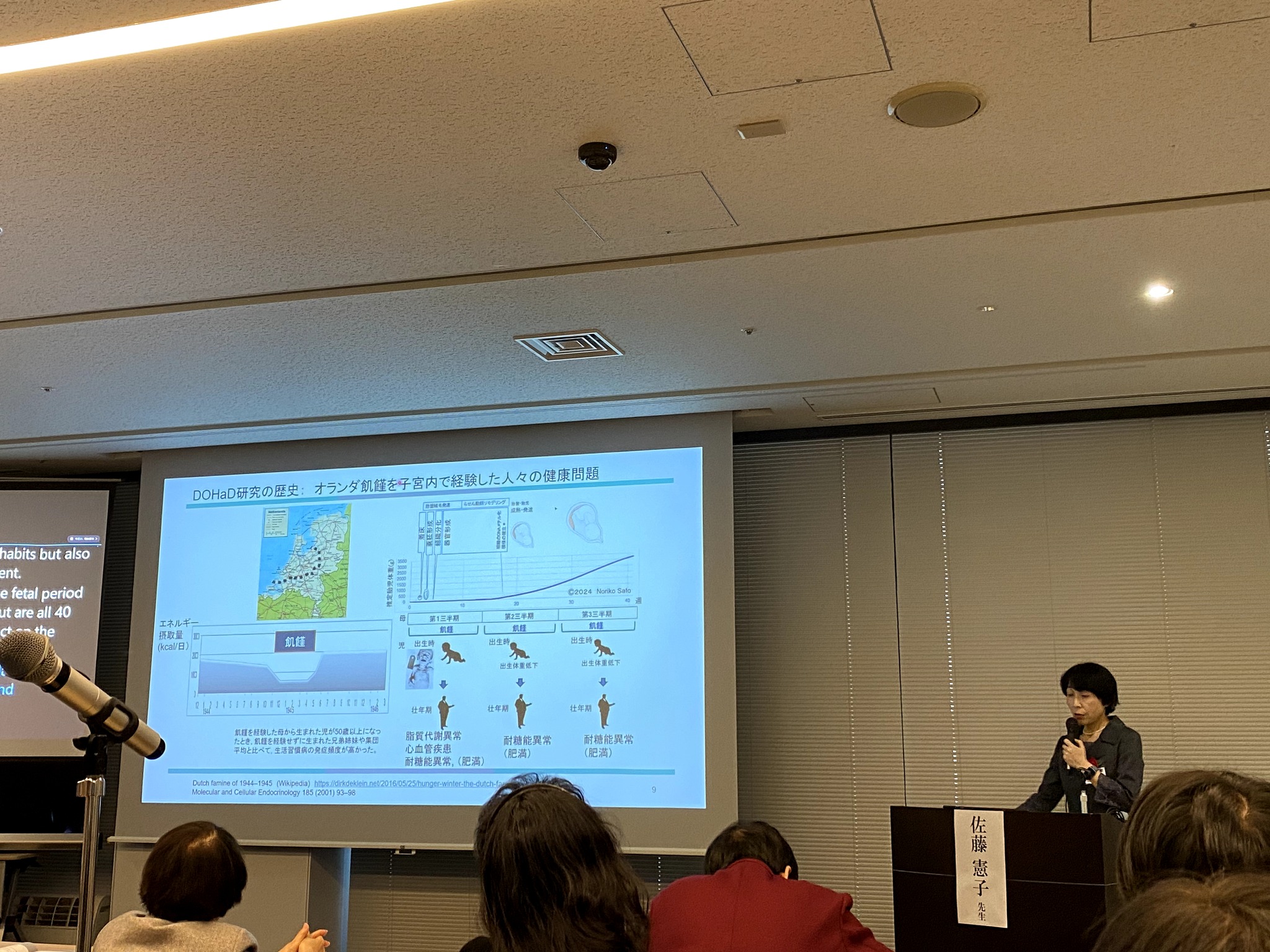
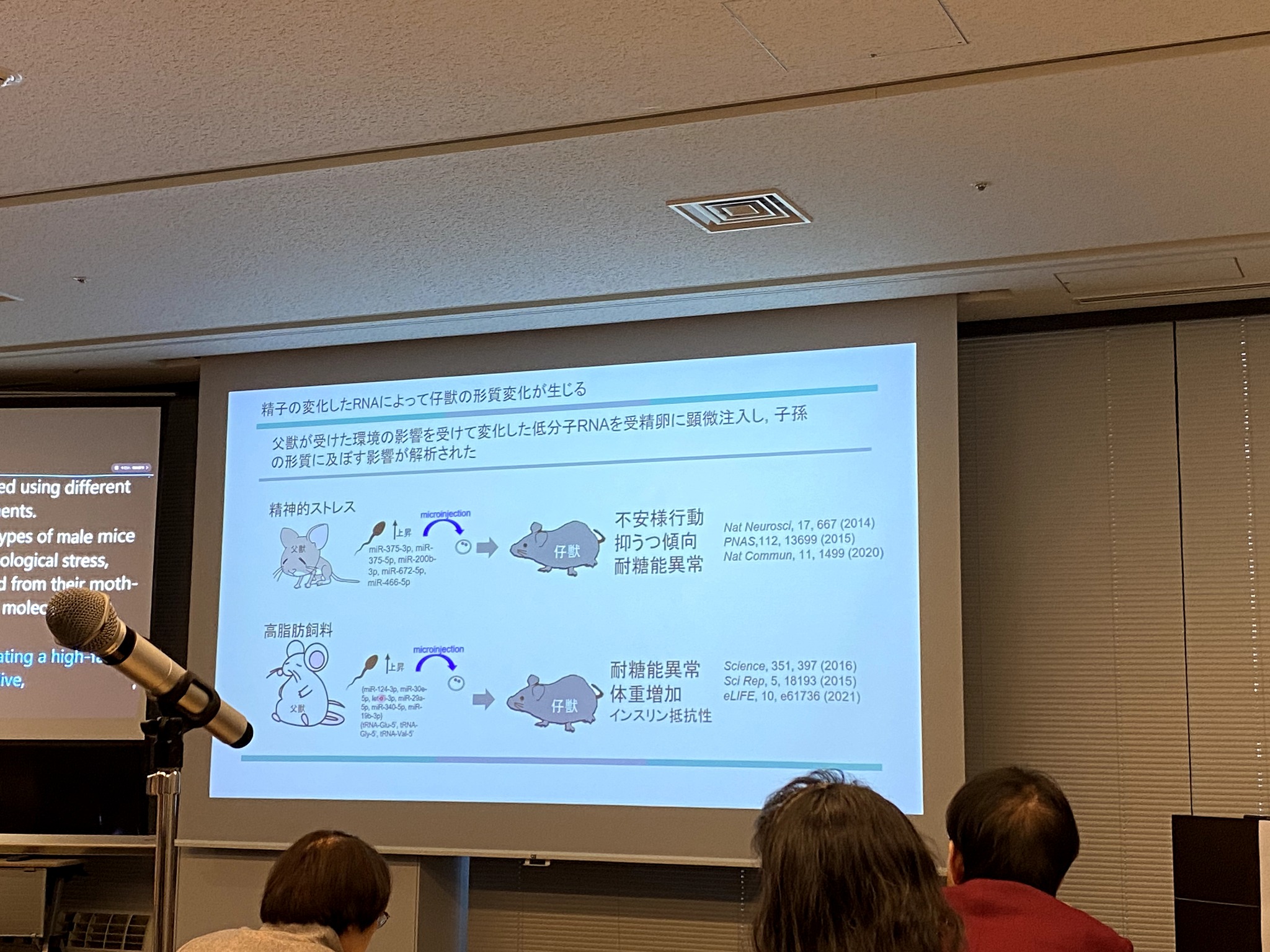
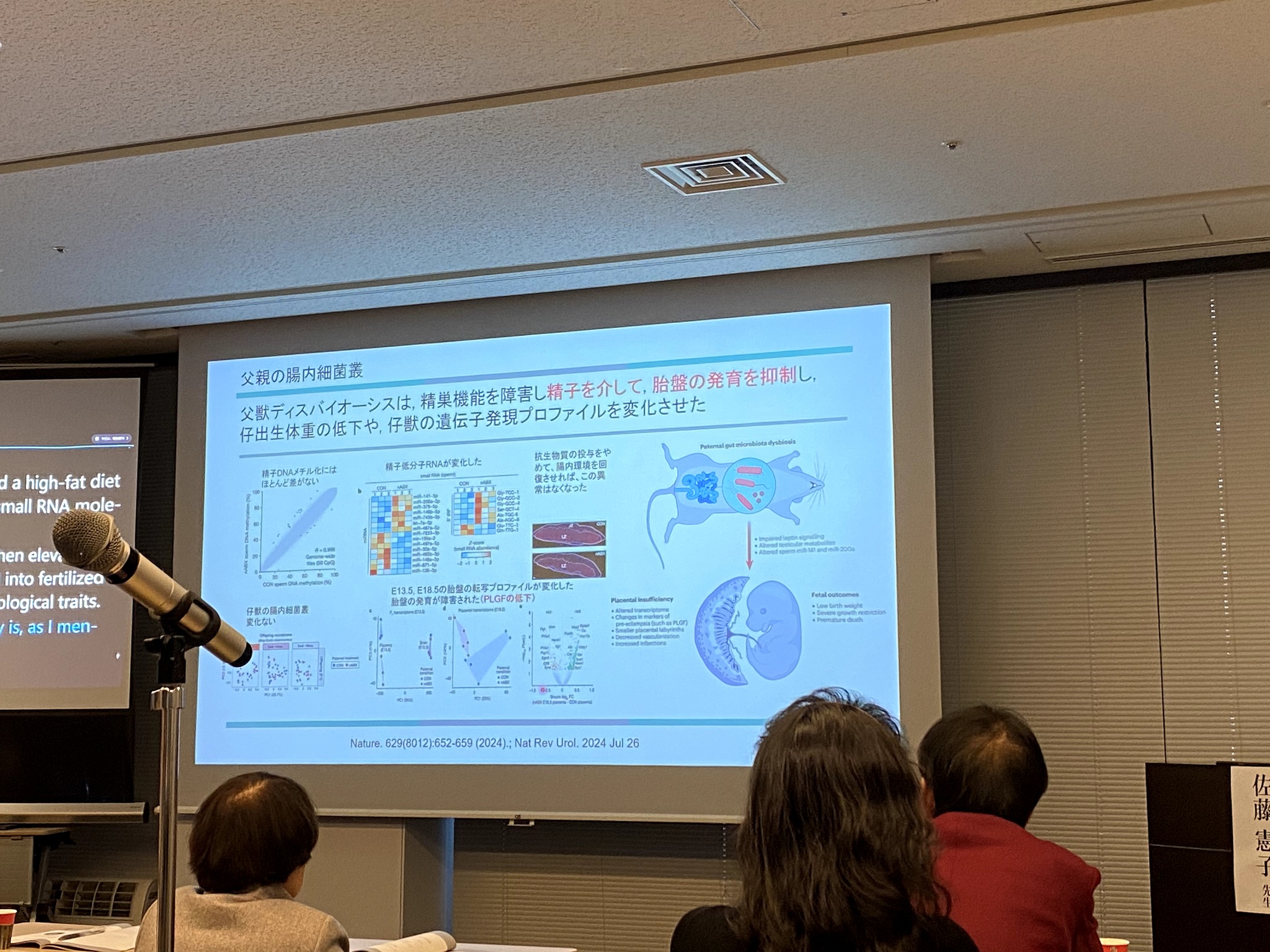
Health Issues Are Not Just Personal Issues
Japanese Summary: 精神疾患の地域差やビタミンDの影響について議論されました。少子高齢化社会において、若者が健康維持に向けた意識を持つ重要性が強調されています。
Health and Environment: From Mental Health to Regional Differences
Mental health problems may have significant differences between different regions. For example, certain regions have higher rates of depression, which may be closely related to environmental factors (such as sunlight duration) and nutritional intake (such as vitamin D). Research shows that vitamin D deficiency may lead to mood depression and decreased immune function, and these conditions are especially common in areas with insufficient sunlight. Understanding the interactive effects of environment and health is important for formulating health policies suitable for various regions.
Health Challenges in an Aging Society with Declining Birth Rates
As Japan enters an era of aging society with declining birth rates, health issues are no longer just personal problems but challenges concerning the entire society. Mental health and chronic disease management for the elderly require more support, while young people need to cultivate healthy lifestyles to avoid accumulation of future health problems. From balanced diet and regular exercise to adequate sleep, every choice can affect our future. More importantly, health education needs to be popularized starting from the younger generation, laying the foundation for long-term health of the entire society.
Conclusion: Working Together to Create a Healthy Future
Health is not only individual responsibility but also a shared mission of families and society. Everyone can start from daily small things, improving their lifestyle habits while influencing those around them. The challenges brought by an aging society with declining birth rates require us to pay more attention to long-term health planning, especially the lifestyles of the younger generation. In the future, through scientific research and policy support, we have the ability to create a healthier and happier society.
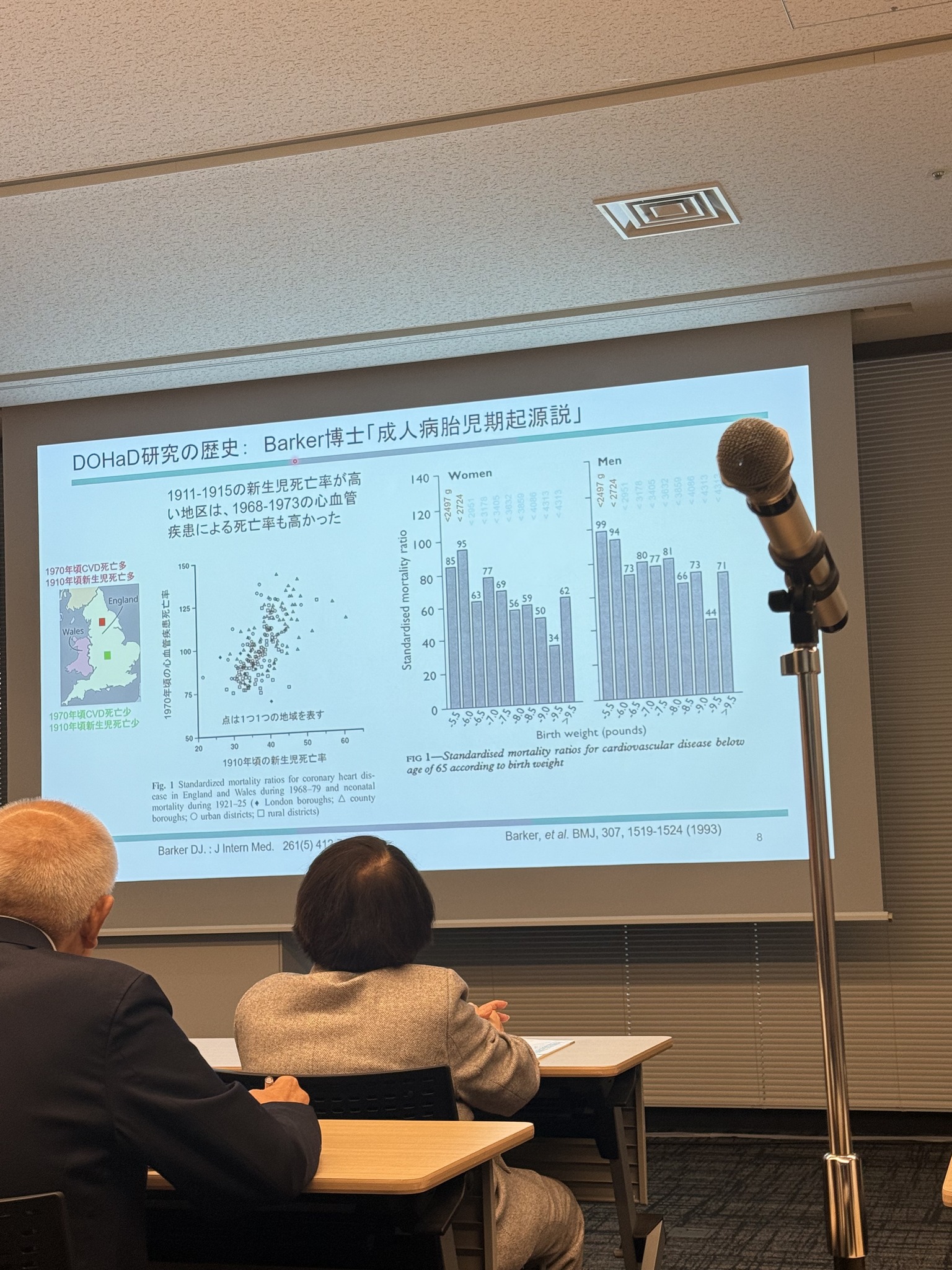
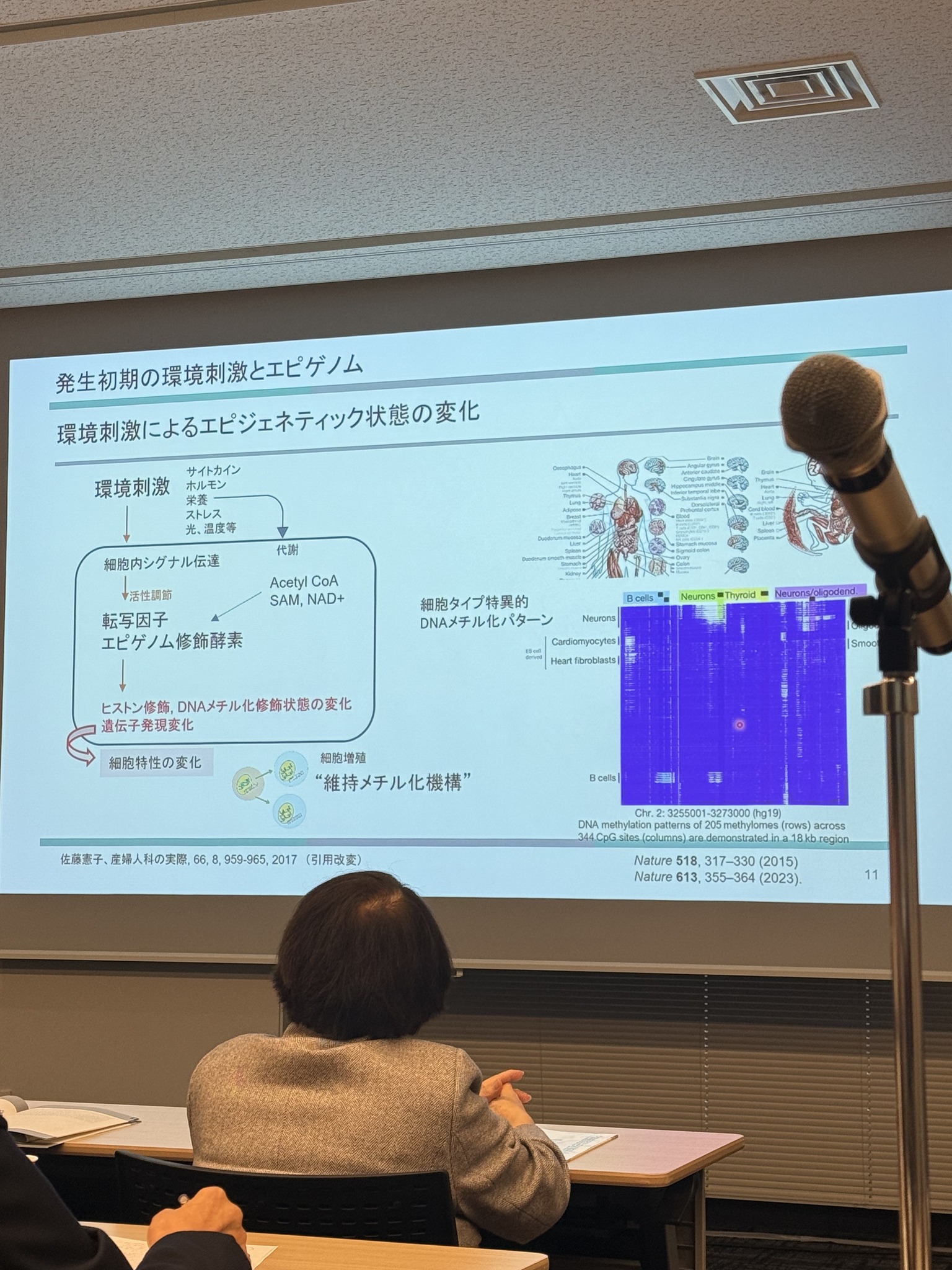
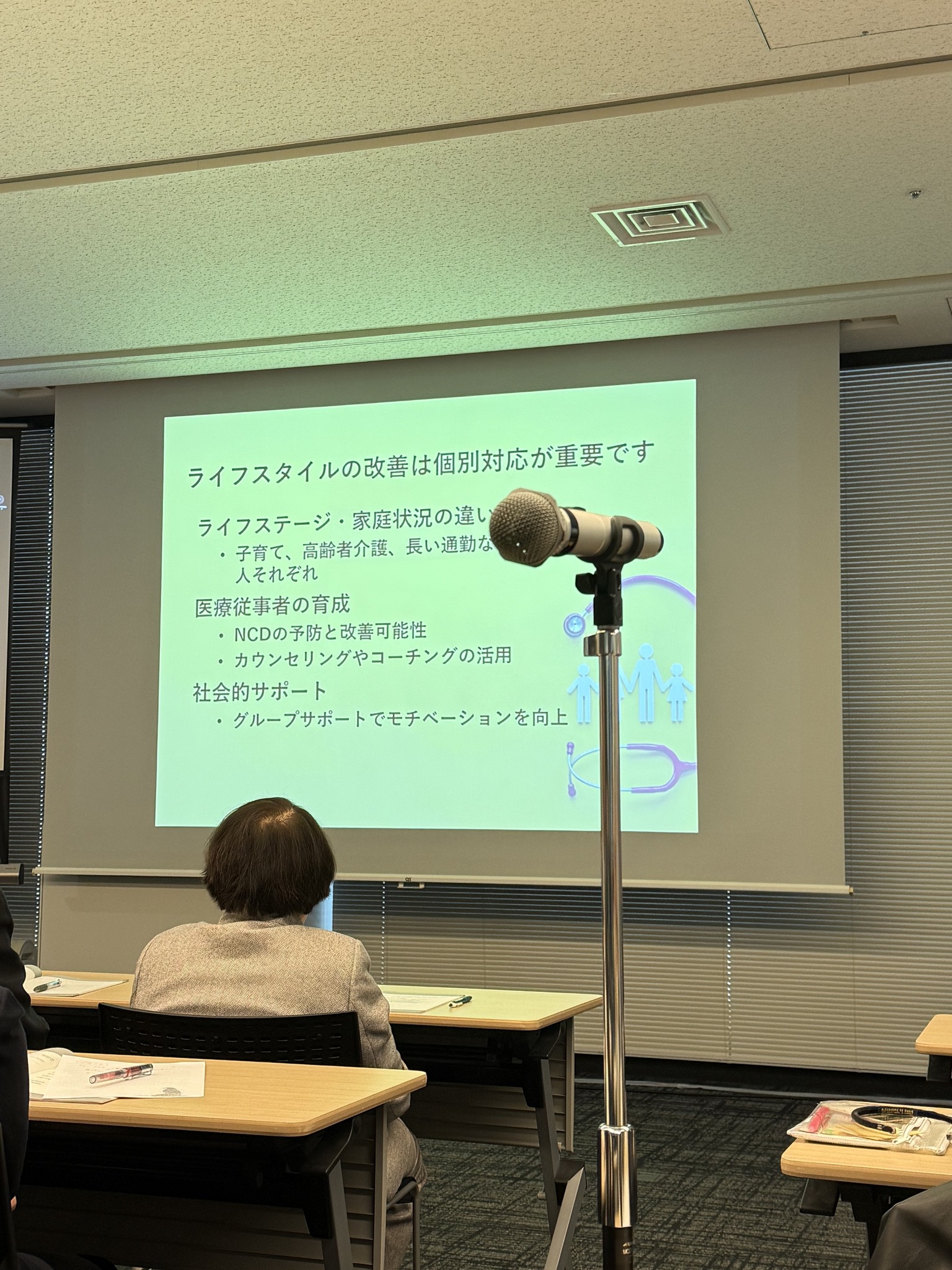
Mibyou Medicine - A New Approach to Preventive Medicine
Japanese Summary: 未病医学は、健康と病気の間にある「未病」という状態を捉え、予防医学の新しいアプローチを示します。生活リズムと食生活がその鍵です。
Mibyou Medicine: The Critical Period Between Health and Disease
What is "Mibyou"? Mibyou medicine emphasizes that our bodies exist in a transitional state between health and disease, a stage called "Mibyou." At this time, although test data may show normal results, the body's internal metabolism or biological rhythms may have already shown slight abnormalities. If not improved, these abnormalities may gradually evolve into chronic diseases or even major illnesses. Therefore, the core of Mibyou lies in early intervention to prevent further disease development.
The Close Connection Between Biological Rhythms and Health
Research shows that lifestyle pace and dietary habits have particularly crucial effects on Mibyou. For example, irregular work and rest times may disrupt the body's biological clock, affecting hormone secretion and thereby causing metabolic disorders. Additionally, modern diets with high calories and high sugar content are also considered one of the main causes of metabolic syndrome. Improving lifestyle, such as restoring regular sleep, increasing high-fiber diet, and avoiding high-fat foods, are important measures for preventing Mibyou.
Conclusion: The Future of Mibyou Medicine
Mibyou medicine is not only a science but also a life philosophy. It reminds us that health maintenance lies not only in the advancement of medical technology but also in each person's active management of their own health. Starting from today, adjusting life rhythms and establishing good dietary and exercise habits is the first step toward health. Mibyou medicine provides us with a new health perspective, allowing us to control our healthy future before disease arrives.
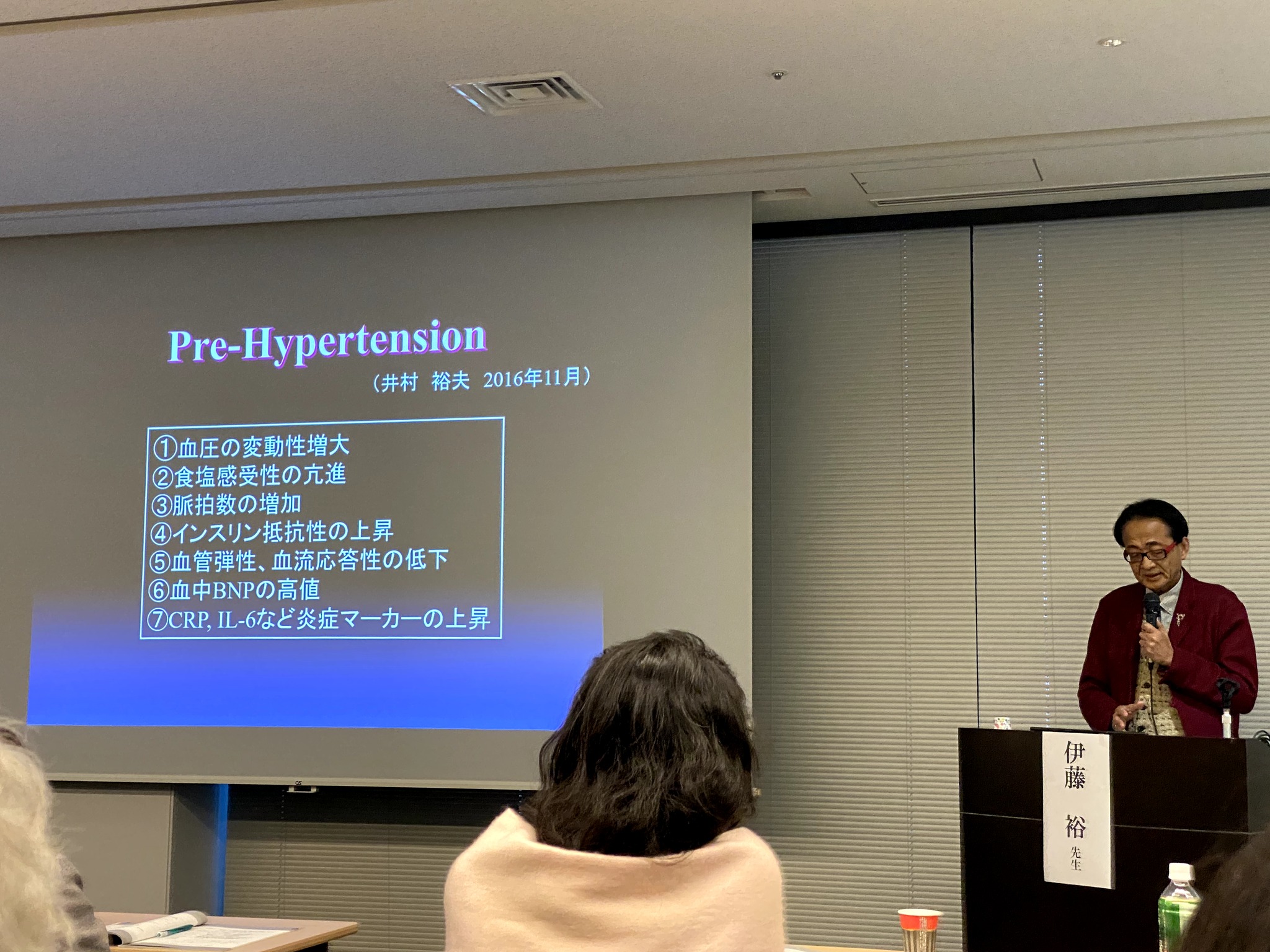
New Ways of Thinking in Modern Medicine
Japanese Summary: 病気はプロセスであり、早期の予防と介入が重要です。血圧や血糖値など、体の反応を理解することで、より良い健康管理が可能になります。
New Approaches to Health Management: From Prevention to Response
Health is not static but a dynamic process. Our bodies send us health signals through physiological indicators such as blood pressure and blood sugar. Research shows that when these indicators fluctuate, it may indicate early signs of potential health problems. This "Mibyou" state provides us with an important window for disease prevention. For example, by observing changes in blood pressure from lying down to standing up, doctors can understand the body's regulatory capacity and thereby determine whether intervention is needed.
Dynamic Balance Between Lifestyle and Health
In health management, lifestyle adjustments are crucial. Regular diet, appropriate exercise, and adequate sleep can help the body maintain balance. However, when facing stress, poor diet, or other lifestyle problems, our physiological systems may show abnormal responses, even leading to long-term health risks. Researchers mentioned that adopting a comprehensive health concept and viewing the body's overall response as a system can more effectively assess and solve health hazards.
Conclusion: Focus on Early Signs, Take Initiative in Health
The key to health management lies in "early detection, early intervention." By regularly measuring and paying attention to small changes in the body, we can take timely action to avoid deterioration of health problems. At the same time, combined with a healthy lifestyle, starting from daily small things can significantly improve quality of life. Please remember, your body is communicating with you in its own way - listen to these signals and take initiative in your health!
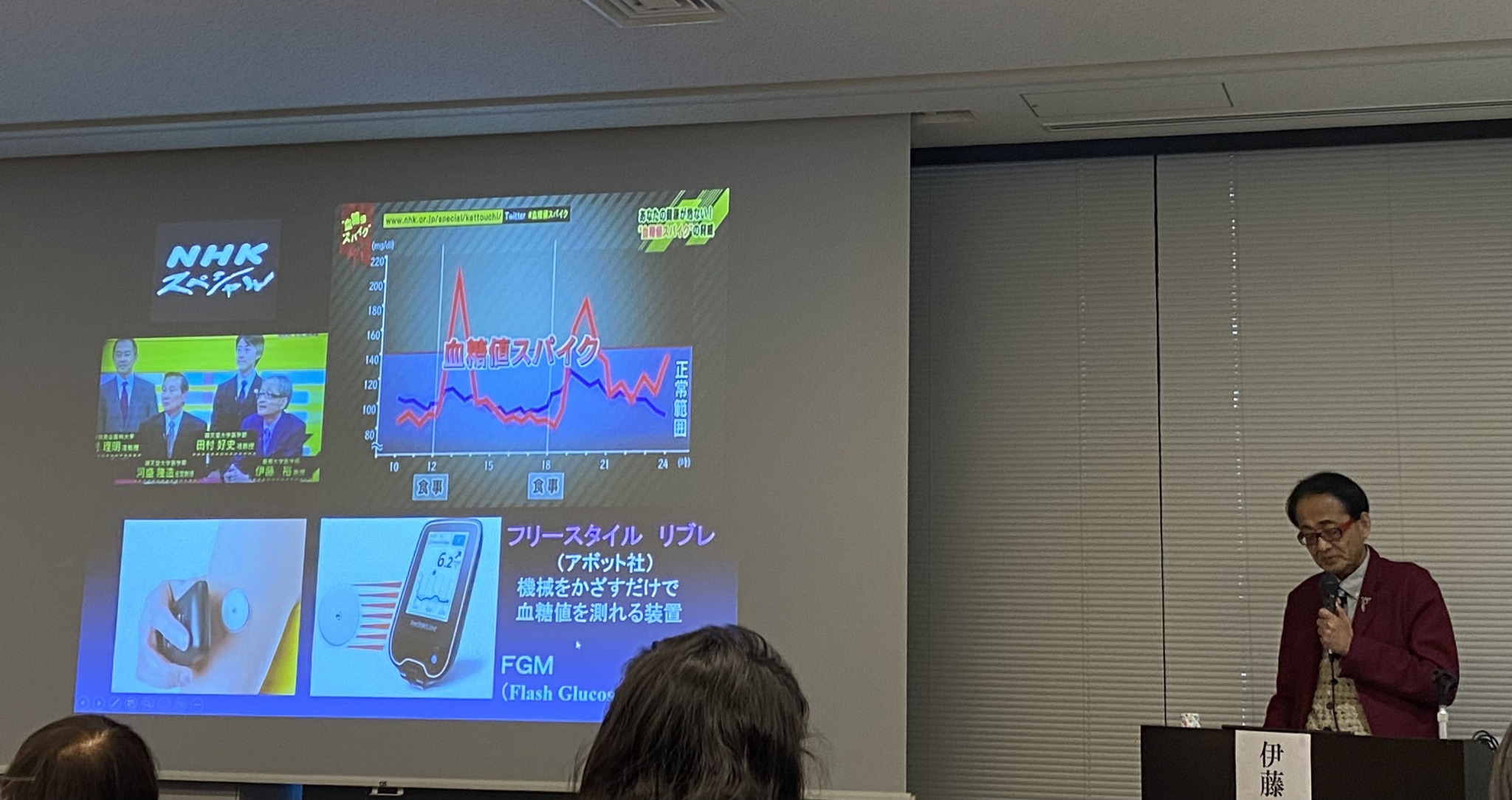
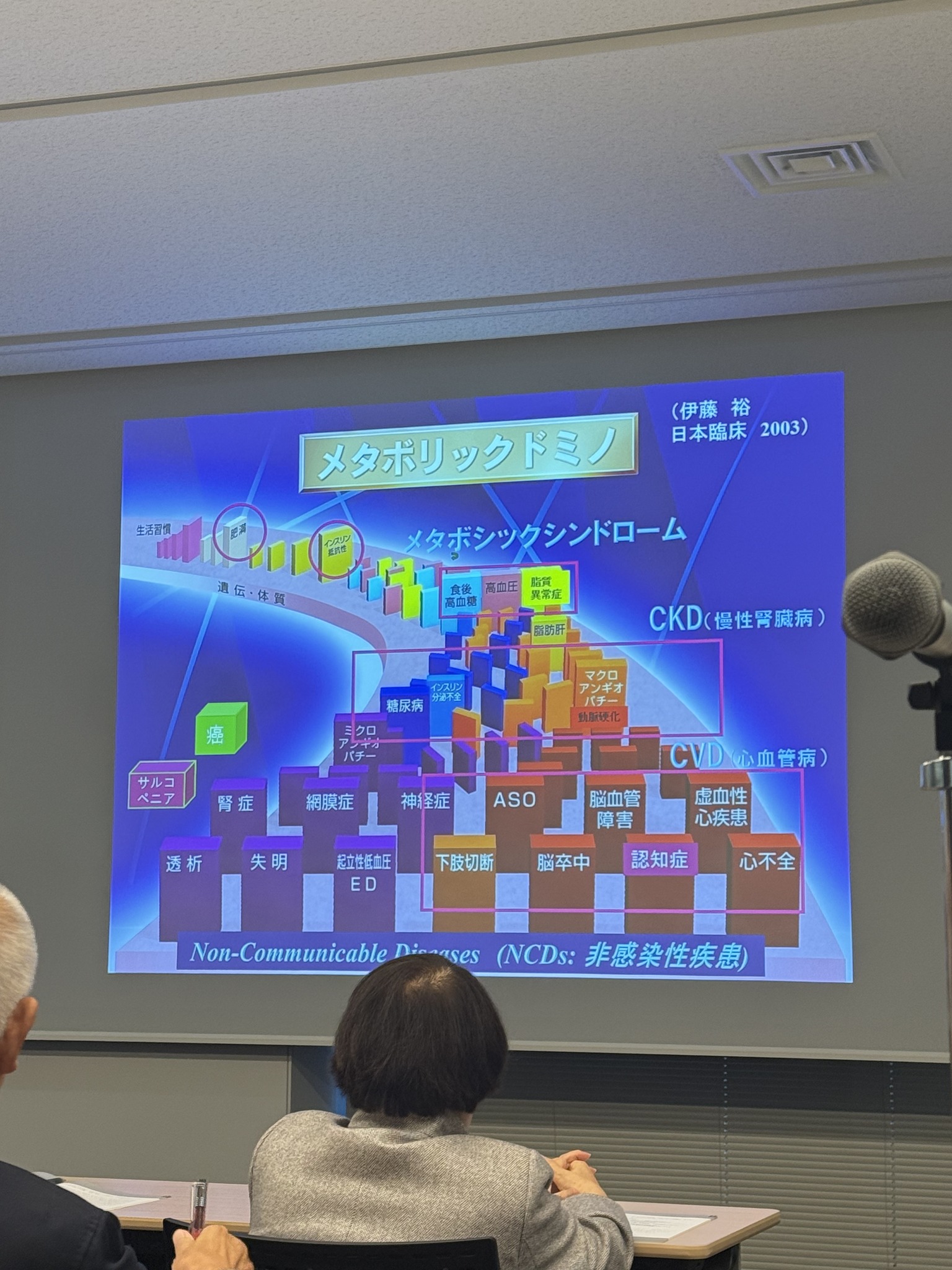
Nature's Healing Power
Japanese Summary: アロマセラピーが介護医療に導入され、孤独や不安を軽減する効果が注目されています。自然の香りを通じて、心と体の調和を目指します。
Healing the Soul with Fragrance: Nature's Healing Power
In modern healthcare, increasing research has found that natural fragrances can not only relax the mind and body but can also be used in medical care to help reduce patients' loneliness and anxiety. For example, many nursing institutions in Japan have begun using aromatherapy extracted from natural plants, applying it to hospice care and psychological therapy. Some experts point out that fragrances can affect the deep parts of our brain, including emotional memory areas, helping patients find inner peace.
How to Integrate Aromatherapy into Healthcare and Life
The core of aromatherapy lies in selecting appropriate plant essential oils, such as lavender from Japan or Bulgarian roses. These natural fragrances not only help with emotional regulation but can also alleviate menopausal symptoms and stress-induced discomfort. Additionally, in clinical environments, fragrances can create a relaxing and warm atmosphere, helping patients and their families face disease challenges. This not only improves healthcare quality but also provides patients with humanized care.
Conclusion: Finding Peace and Health from Nature
Through the medical application of natural fragrances, we can achieve dual healing of mind and body. Fragrance is not only an enjoyment but also a therapy against loneliness and fear. In the future, aromatherapy will become part of healthy living and bring more possibilities to healthcare and care fields. If you're interested in this therapy, why not start exploring how fragrance can add health and happiness to your life.
